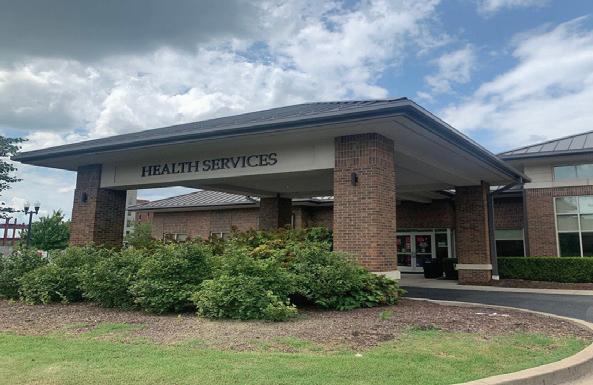


GRAVES GILBERT CLINIC HEALTH SERVICES 1681 Normal Drive, Bowling Green, KY 42101 270-745-CARE (2273) KICKIN’ IT Faculty Senate upset about president’s absence Folk Studies suspension INSIDE: WKU OFFICER JUMPS FOR JORDANS Nov. 28, 2022-Jan. 29, 2023

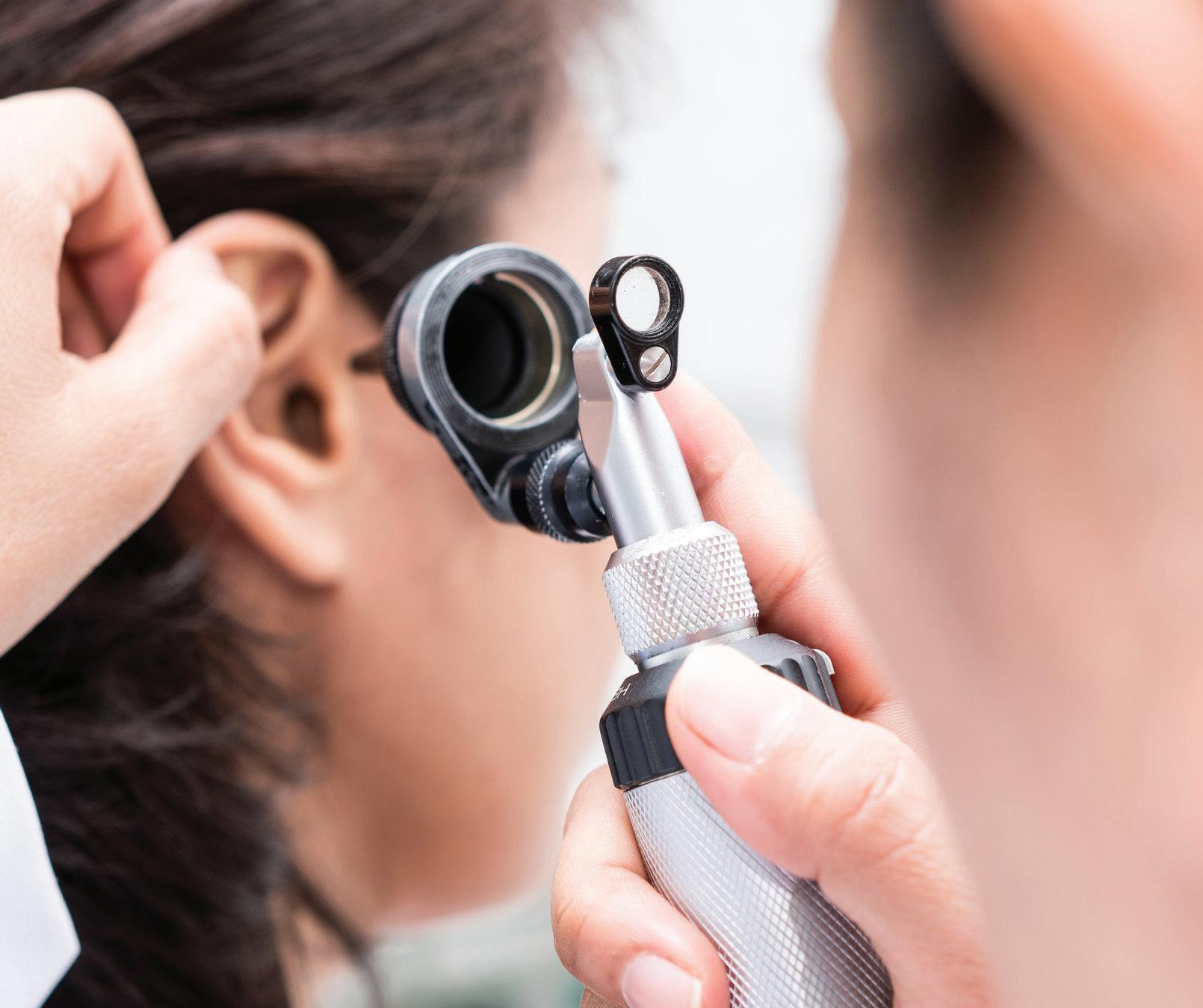

Let us take care of your health, so you can take care of your education
/GravesGilbertClinic www.gravesgilbert.com Allergy Shot Administration Contraceptives DOT Physicals Drug Screenings ECG Health Education & Wellness Immunizations Laboratory Men’s Health Mental Health Services Occupational Health Office Visits Physicals Sports Medicine Services STI Testing/Treatment Transgender Health Women’s Health Services X-Ray SERVICES OFFERED 1681 Normal St Bowling Green, KY 42101 With over 17 different services offered, excellent healthcare is always right around the corner. GGC@WKU is conveniently located on campus. 270.745.2273
/GravesGilbert @GravesGilbert @GravesGilbert
Print edition published three times each semester by WKU Student Publications at Western Kentucky University.
First copy: free | Additional copies: $5
EDITORIAL BOARD
Debra Murray
Co-Editor-in-Chief
Jake Moore Co-Editor-in-Chief
Tucker Covey Photo Editor
Carol Coronado
Social Media Manager
Megan Fisher Design Editor
Joseph Thompson Sports Editor
Grace Stephens Video Producer Alexandria Anderson Content Editor
Jack Ezell Newsletter Editor Rose Donnelly Commentary Editor
OTHER LEADERS AND ADVISERS
Cristina Betz Cherry Creative Director
Carrie Pratt Herald Adviser
Alaina Scott Advertising Manager
Chuck Clark Student Publications Director
POLICIES
Opinions expressed in the College Heights Herald are those of student editors and journalists and do not necessarily represent the views of WKU. Student editors determine all news and editorial content, and reserve the right to edit or reject submissions.
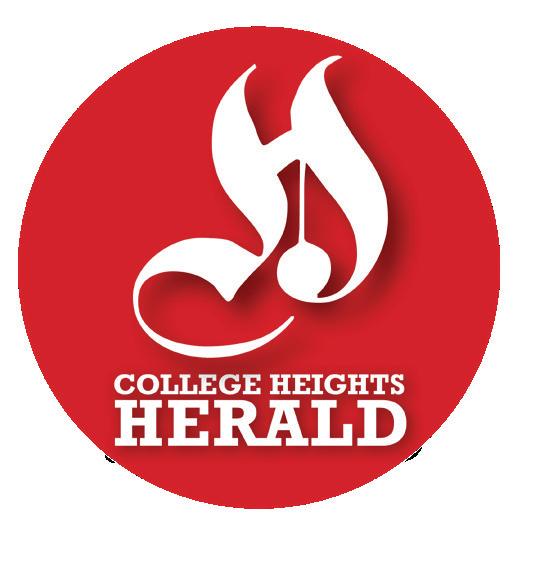
CONTACT US
REPORT AN ERROR: herald.editor@wku.edu 270-745-5044
NEWSROOM: herald.news@wku.edu 270-745-2653 or 270-745-5044
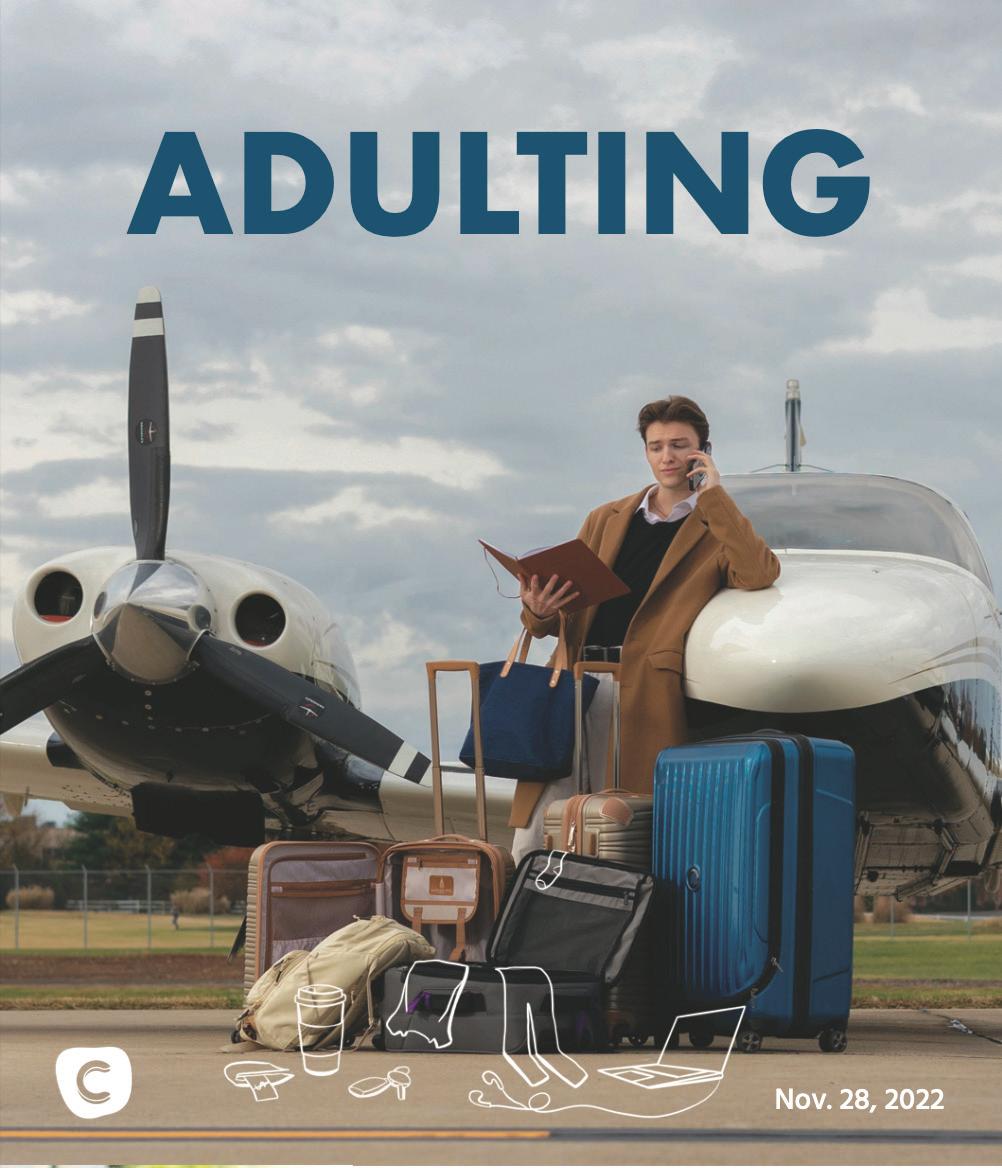
ADVERTISING: herald.advertising@wku.edu 270-745-6285
LETTERS TO THE EDITOR: herald.opinion@wku.edu
ON CAMPUS:
Adams Whitaker Student Publications Center, 1660 Normal St.
ONLINE: WKUHerald.com
NEWSLETTER: WKUHerald.com/newsletter
SOCIAL MEDIA:
• Twitter: @wkuherald, @wkuheraldsports
• Facebook, Instagram: WKUHerald
• YouTube: wkuheraldvideo
• Tiktok: wkuherald
03
CONTENTS 10-13 04 14-15 16 05-09 LETTER FROM THE CO-EDITOR ‘IMMINENT DEATH OVER SURRENDER AND EXECUTION IN DISGRACE’ WHERE IS THE PRESIDENT? COP A PAIR THE SUSPENSION OF HUMANITIES PROGRAMS SHOULDN’T COME AS A SHOCK Volume 98 Issue 3 On the flip side: ADULTING A special section from Cherry Creative
By Jake Moore
We made it! You are holding the third and final news magazine edition of the College Heights Herald for the fall semester, capping off the publica tion’s first shot at this new format.
It’s safe to say the new look has been a success! It’s hard to find a copy of a Herald magazine in any of the campus kiosks, and for the first time since the start of the pandemic, we’re no longer treading water. It’s not easy to turn such a huge corner, but we did it.
Many late, late, late nights in the Student Publications office and a healthy helping of blood, sweat and tears went into this semester of work, but I and the full Herald staff couldn’t be more proud of the results.
I have to give a major shoutout to our reporters, columnists, photogra phers, videographers, designers, ad staff and sports writers. Not only did the Herald team put together a trio of magazines, but we also managed to send out a fresh email newsletter


each and every weekday – not a small feat for a group of college students.
Not only did this semester feature a change in format, but the Herald was led by co-editor-in-chiefs for the first time since 2000! It was a privi lege to work alongside Debra Murray to serve the WKU community at large and to help young reporters hone their skills.
Debra will take on the editorin-chief role solo next semester as I return to a regular reporting position, but I have full faith she will continue to lead the College Heights Herald in a professional, creative and em pathetic way. I will miss splitting our editor-in-chief desk!




It’s been a great semester! Here’s to the next.
Co-Editor-in-Chief Jake Moore can be reached at charles.moore275@top per.wku.edu. Follow him on Twitter @ Charles_JMoore.
04
LETTER CO-EDITOR FROM THE HERE’S TO A MAG-NIFICENT SEMESTER
Full Time • Landscape Gardener - Golf • 911 Call Taker • Police Officer Seasonal • Laborers • Greenskeepers • Umpires • Scorekeepers Part Time • Rec Staff Asst IISpecial Pops • Rec Staff Asst II - BGCC • Parks Laborer (permanent part time) • Fitness Instructor • Landscape Helper • Park Ranger • Park Attendants • Police Cadet I Interested applicants can apply online at www.joinbgky.org City of Bowling Green accepting applications for the following positions: Now Hiring All qualified applicants will receive consideration for employment without regard to race, religion, color, national origin, sexual orientation, gender identity, age or disability. The City of Bowling Green is an Equal Opportunity Employer and Drug-Free Workplace.
PHOTO BY TUCKER COVEY
‘Imminent death over surrender and execution in disgrace’
Students, alumni react to loss of folk studies graduate program
By B Turner and Debra Murray
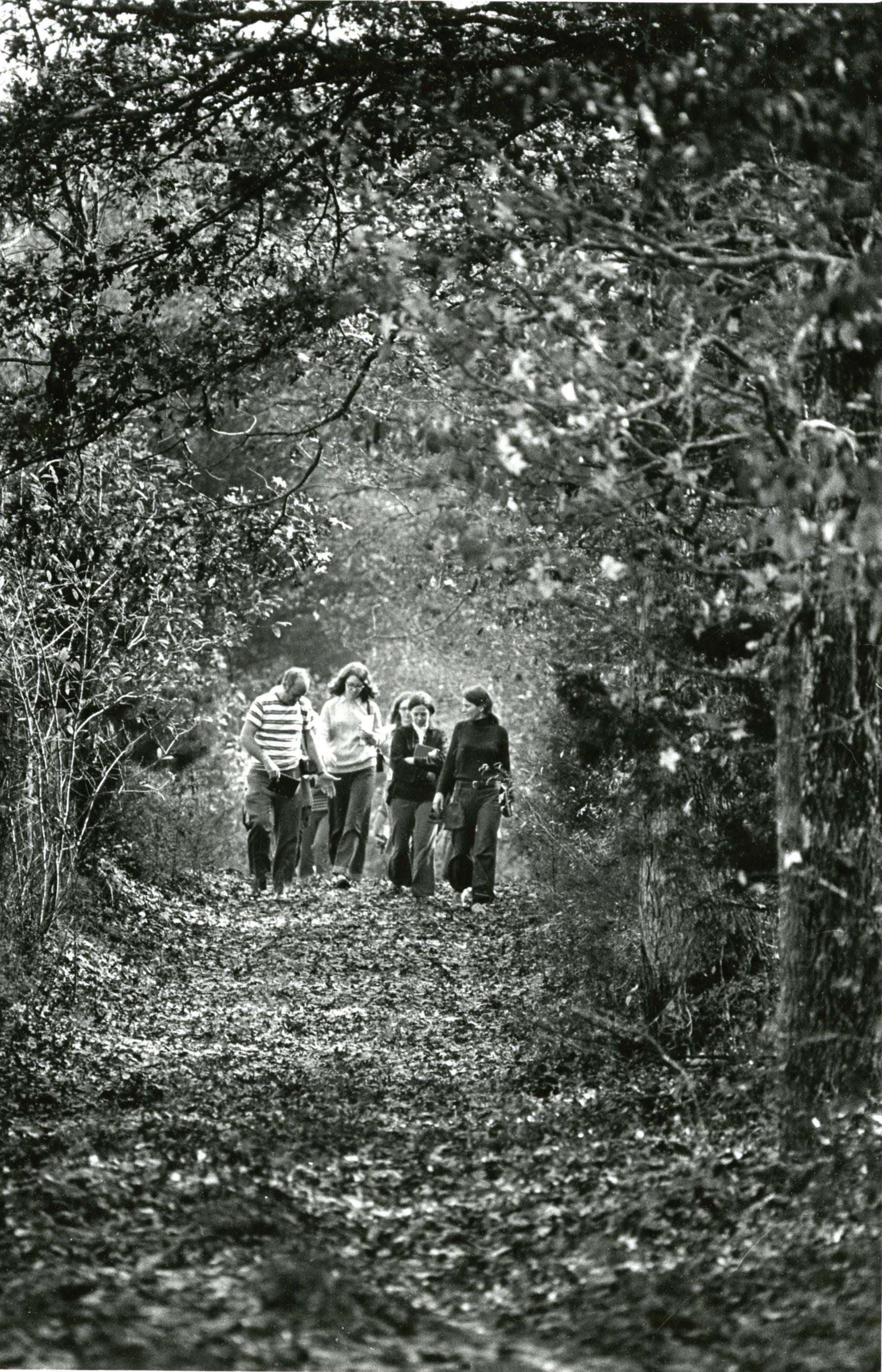
One of WKU’s best known and unique graduate programs – which is in its 50th year – may face suspension.
Ann Ferrell, director of the Folk Studies graduate program, shared that faculty didn’t feel trying to recruit new students for a program with so little faculty was ethical, given the possibility of suspension.
“In addition to the fact that we have a graduate program, Colonnade courses and an undergraduate minor to support--it would not be ethical to re cruit or accept students into a graduate program without the faculty necessary to support student needs,” Ferrell said via email. “We have concentrations in Public Folklore, Museums Studies, and Historic Preservation, as well as a Research Thesis option. In order to train students in careers in these areas, we must have faculty with training and experience in these areas. We will not have that next year, even with a oneyear instructor.”
In 2015, the program had six tenure track faculty and one full time instruc tor. Currently, the program only has two full-time professors – one of which plans to retire after this academic year.
“This decision was not made lightly and neither the faculty nor I wished the program to move to this conclusion,” Potter College of Arts and Letters Dean Terrance Brown said in an email sent to faculty on Oct. 24.
After the initial announcement, Jace Lux, WKU director of media relations shared an email from Brown that said he intended to fund an instructor level to serve the Kentucky Folk Life Program and the Department of Folk Studies and Anthropology in the 2024 academic year.
Brown also offered another ten ure-track position beginning in the
05
WKU ARCHIVES
Lynwood Montell leading class on field trip to the Ozarks in Arkansas.
2025 academic year if the program would grow its enrollment by four students.

“Regrettably, this offer was not amenable to the faculty, and they elect ed to suspend the program,” Brown said.
Students in the program were “unofficially communicated” about the suspension on Monday, Oct. 10, ac cording to the email. Current students will be able to complete the program as originally intended. Brown’s email states that a plan regarding the future of the MA in Folk Studies, Kentucky Folklife Program and the Department of Folk Studies and Anthropology will be discussed and determined in the coming months.
All 11 students in the program will be able to complete the program through the university’s teach-out plan.
“As such, until our plan is approved by SACSCOC, I cannot provide any additional details at this time,” Brown wrote.
Regardless of the potential teach-out plan, most students were shocked by the announcement of the program.
Caitlyn Sheets is a current graduate student in the Folk Studies program. Sheets shared that there are six stu dents who started the program this semester – including one from Ban gladesh studying at WKU on a student visa.
“I’m actually one of the lucky ones because I’m in my last semester, some of them are way out,” Sheets said. “This affects me less than everybody else in the sense of, I know all of my courses are going to be covered and I have the
professors here to cover them.”
Darlene Applegate, department head of anthropology, contacted every stu dent for an emergency meeting, Sheets said.
“She had to break the bad news to us. That’s crazy,” Sheets said. “It was 10 in the morning and we get an email emergency meeting. Every class is can celed. I’ve really come in like ‘oh no, who died’ like this is terrible. And it’s somebody who made a joke like, ‘are we going under, what’s up?’ And they were like, ‘yeah, well ac tually, this is it.”
When asked if a communication plan had been shared yet, Sheets said it has yet to be addressed.

“That has not been addressed,” Sheets said. “We need to sign up [for classes]. The other ones you have to sign up for classes to figure out whether they have to move again. Because this is like another abrupt change. They can’t just go home to their parents.”
Kaitlyn Bennett is a student and teaching assistant in the program. Bennett said she

took the suspension especially hard, since she originally planned to be an English teacher before deciding on the folk studies program.
“I took it really, really hard. I won’t lie, like I was crying,” Bennett said. “When I heard the news, I just couldn’t believe it. Then I really hunkered down [and decided on the] folk studies pro gram, this is what I want to do. So just to have [that] pulled out from under neath me, that was a shock.”
Fortunately, Bennett’s plan for graduation remains the same, but other students may not have the same fate.
“If there’s gonna be a last class, I might as well be part of it,” Bennett said. “It’s gonna be a lot different from how it may have gone in the past just because we’re not going to have the same number of professors. Some subjects might not be able to be taught as originally planned. So stuff might be independent study. We don’t really know yet.”
Despite the sadness associated with the future – or lack thereof – Bennett feels that this has brought people in the program closer together.
06
WOMEN’S HEALTH SERVICES Call to make an appointment at 270.745.2273 Nathan Stice, M.D. On campus at 1681 Normal St | Bowling Green, KY 42101 Now available on Campus /GravesGilbert @GravesGilbert @GravesGilbert /GravesGilbertClinic www.gravesgilbert.com
moved to suspend their Master of Arts in Folk Studies program. “I don’t think I could put into words [how she feels]” Brady said, nearing tears.
ARTHUR H. TRICKETT-WILE
“It’s nice to see how resilient we’ve remained, like all of us students in our cohort, whether we’re first or second year [are much] closer,” Bennett said. “This has brought us together. It has obviously hurt all of us, but I think also the shared experience has brought us together, which is very relevant to our field.”
Bennett explained that while every student currently in the program will have the opportunity to complete the program, there are concerns about the flexibility for students needing a differ ent class load.
“It’s going to be harder for them to complete it just because their origi nal plan was a bit more spread out, so maybe they’ll have more difficulty in managing more classes than they orig inally intended to,” Bennett said. “[...] It’s definitely going to be a challenge for them.”
She also said the loss of the program is a shame due to the human nature of the field.
“We’re really just looking at the way that human beings interact with each other, tell stories to each other, pass on meaning through whether it be art or [...] stories,” Bennett said. “It’s a very human field which, I think that’s the beauty of it.”
Tiffany Isselhardt, exhibit curator and development coordinator of the Kentucky Museum, shared that the mu seum consistently employs folk studies students.
“The Kentucky Museum has worked intimately with Folk Studies for many years, long before I came to WKUhosting graduate assistants, interns, and classes,” Isselhardt said. “Many of our exhibitions and programs are the result of Folk Studies faculty and student efforts. Folk Studies has been

a bridge to communities near and far, a centerpiece of applied learning at WKU. Personally, I feel that in sus pending it, WKU has lost a hallmark program with a long track record of producing impactful programs, creat ing bridges between our campus and community, and fostering engaged and socially responsible citizens.”
Isselhardt wrote to President Ca boni, Provost Bud Fischer and Dean Brown an email titled “Open Letter on Supporting the Arts.”
“Folk Studies has a long and diverse history in South-Central Kentucky, as many alumni and friends have shared,” Isselhardt wrote. “At the Kentucky Mu seum, Folk Studies graduate students are our primary student workers – as graduate assistants and interns. Many worked with us during the academic year and utilized their experiences with us to gain an advantage in securing lucrative
07
Western Kentucky University Folk Studies Professor Emeritus Erika Brady poses for portraits after a presentation in the Western Room of the Kentucky Museum on Thursday evening, Nov. 17, 2022 on campus in Bowling Green. Last month, in late October, folk studies faculty
summer internships elsewhere in the country. This hands-on experience is crucial for emerging museum profes sionals, helping them stand out in the American market where most museum studies degrees have traditionally priori tized theory over practice.”
In her letter, she shared that loss of this program breaks her heart.
Erika Brady, a retired Folk Studies pro fessor, has lived and studied in Kentucky for over 20 years. During her time as a professor at WKU, she taught multiple undergraduate and graduate classes focusing on various topics in folklore, but she is focused in medicinal folklore.
Erika Brady is a leader and a vocal member of the Folk Studies community. Her work and her studies have influenced many current and former students in their career and life goals.
She believes that WKU’s Folk Studies program is an important part of the com munity, not only in Bowling Green, but nationally and internationally.
Brady said the disbanding of the program “cuts off an extraordinary way that the program is linked with the com munity for 50 years. Not just the Bowling Green community, not just south central Kentucky, the Commonwealth and actual ly the nation and internationally.”
The Folk Studies graduate program has had multiple international students, many of them taking this education back to their home countries, Brady said.
This program also holds a very unique place, not only within the country, but also within the discipline. Brady said that was a draw to the program.
“[This program] is not really offered anywhere else in the country because this program has always focused not just on producing academic folklorists,” Brady said. “Although we’ve done that with great success, but also people who can be employed in public agencies, art councils, museums and historic preser vation offices.”

Paul McCoy is one such former stu dent who works with museums and vari ous arts programs in Tennessee. McCoy posted an open letter to the university administration on his Facebook page on Oct 27.
McCoy explained why the small size in his graduate program was beneficial. It allowed the students more hands-on opportunities.
08
WKU ARCHIVES
Lynwood Montell with unidentified students in vernacular architecture class.
“It provided us with greater responsibilities and opportunities for practical application of the skills we studied,” he said in his letter. “I worked in archaeology labs, taught classes, and engaged in spirited discussions with my classmates every week.”
He benefited from the members of the program, including Brady, being present in the community. This presence is what originally drew him to WKU, and why he chose to get his Masters in Folk Studies.
“I would see her [Brady] at festivals that we were playing and I would see her at concerts that were in the area and I would hear her on the radio,” he said. “I’m like, this person knows so much about the music of this area. Who is she?”

McCoy went on to co-host her radio show with her when he was a Folk Studies graduate student at WKU. Her presence in the community extended to those who never went to WKU, or attend ed college at all. The Folk Studies program drew in many people to the university who otherwise would not have known about it.
McCoy said the program being suspended felt like Western, “wasn’t dancing with who brought ‘em.”
Faculty chose “imminent death” rather than recuirting stu dents for a program that was likely to face suspenison.

“When the defenders of the Alamo faced the forces of General Santa Ana, they chose imminent death over surrender and execu tion in disgrace,” Brady said.
Co-Editor-in-ChiefDebraMurraycanbereachedatdebra. murray940@topper.wku.edu.FollowheronTwitter@debramur rayy.
NewsreporterBTurnercanbereachedatabigail.turner870@ topper.wku.edu.
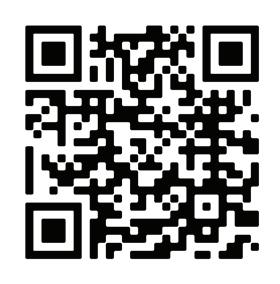
09
Open Monday - Friday 8:00 am - Noon Call 270.745.2273 to schedule an appointment ON-SITE OR TELEHEALTH Mental Health Services Now Available on Campus www.gravesgilbert.com /GravesGilbert @GravesGilbert /GravesGilbertClinic @GravesGilbert
A snapchat post of Western Kentucky University Folk Studies Professor Emeritus Erika Brady holding a presentation in the Western Room of the Kentucky Museum on Thursday evening, Nov. 17, 2022 on campus in Bowling Green. ARTHUR H. TRICKETT-WILE
WHERE’S THE PRESIDENT? FACULTY LEADERS CONCERNED WITH CABONI’S LACK OF FACULTY SENATE ATTENDANCE
 By Michael Crimmins
By Michael Crimmins
Faculty leaders at WKU have made it clear they want President Timothy Caboni to address the university’s Fac ulty Senate – something he has formally done just three times since taking office in July of 2017.
The issues of shared governance and transparency sprang up during the Oct. 10 Senate Executive Meeting. Numerous senators expressed their displeasure at Caboni for not speaking to the Faculty Senate as a whole.
According to Faculty Senate meet ing minutes, Caboni first appeared be fore the Faculty Senate on Jan. 25, 2017 for a Q&A session, months before he was sworn in as president. An informal reception with the Faculty Senate also occurred at the president’s house on Aug. 24 that same year.
All three of Caboni’s formal appear ances before the Senate came in 2020, and all were to the Senate Executive Committee.
Antonia “Toni” Szymanski, Facul ty Senate chair, said in the meeting that during her conversations with the president she has “extended the offer” for him to address the Senate, but said Caboni views it as the job of the pro vost, Bud Fischer.
“He views that as [the provost’s] job [...] and that’s why the provost is at the meetings,” Szymanski said. “[Caboni’s] job is external money raising and work ing with the legislature and things like that.”
Caboni’s lack of attendance at the Faculty Senate has created frustration among faculty leaders. His attendance record is unusual among peer universi
?ty presidents throughout the common wealth as most either regularly attend Senate meetings or submit a written report.
Shane Spiller, faculty regent, said in the meeting he has looked to other universities in the commonwealth to gauge how often their presidents ap pear before their respective Senates.
“In my role, I benchmark what other universities are doing, and the presi dent goes to the Faculty Senate and if they don’t go to the Faculty Senate they write a report,” Spiller said. “My own personal thing is that I believe that this is the year the president needs to make a connection with the faculty.”
Richard Crosby, Faculty Senate chair at Eastern Kentucky University, said President David McFaddin “gives a re port at every meeting” and meets both
10
formally and informally with the Senate and the Executive Committee before official business.
David Roach, Faculty Senate chair at Murray State University, said Presi dent Robert “Bob” Jackson “regularly attends and speaks” at Murray State’s monthly Senate meetings. He also said Jackson meets with Senate leadership twice a semester.
“President Jackson’s amount of communication with faculty, staff and students is higher, by far, than any former President in my experience over the last 22 years,” Roach said.
Eugene Mueller, who serves as Faculty Senate chair at the University of Louisville, said the university’s presi dents have attended roughly 33 of 66 Senate meetings dating back to 2017.

According to Meuller, this has caused “low rumblings” among some senators who say the president’s at tendance is “not as frequent as it once was.”
Jay Blanton, chief communications officer for the University of Kentucky, said President Eli Capilouto “typically addresses the full University Senate once each semester.” Blanton also said Capilouto has standing meetings with faculty and staff leadership and “monthly conversations with a selection
of faculty and staff.”
Kirk Atkinson, professor and former Faculty Senate chair, said in the meting it would be nice to hear from Caboni due to the amount of turnover in the provost’s office.
WKU has had four different provosts since Caboni took office. The current provost, Bud Fischer, has been in place since July 1, 2021.
“I know he said it’s the provost’s job to do that and honestly [...] the provost has only been there for a little over a year now,” Atkinson said. “He doesn’t have some of the answers. I don’t know how else to say it; there’s times where he’s like, ‘I don’t know any more than you guys do.”
The four individuals who have served as provost since 2017 have either attended faculty meetings or em ployed a substitute at every meeting. Szymanski said she has monthly, even weekly, meetings with the provost.
Jace Lux, university spokesperson, said the provost is the “most appro priate university leader to respond to detailed and technical inquiries from the Faculty Senate.”
“Allowing the provost and other members of Academic Affairs leader ship to serve as the primary points of contact with the Faculty Senate is a
long-standing precedent that was in place prior to President Caboni’s and Provost Fischer’s tenures at WKU,” Lux wrote in an email.
Julie Shadoan, professor and anoth er former Faculty Senate chair, said in the meeting that the lack of appearanc es from Caboni is very upsetting.
“I think what you, Toni, shared about the president basically deciding that he didn’t have time for faculty is, in my opinion, one of the most disturbing things that has come out in this meet ing,” Shadoan said.
Gordon McKerral, professor and atlarge senator for the School of Media, said in the meeting that before Caboni was hired he was “all about hanging out with the faculty” and now, six years later, McKerral finds it strange that he will not address the whole senate.
McKerral and Shadoan were frus trated by Szymanski’s answer, saying in the meeting that the faculty “are affected by everything that happens on this campus.”
“It is incredibly frustrating to me that the president of the university will not make time for shared governance, and I think that’s what he’s saying when he’s telling us that he doesn’t have time to come, or that it’s not his role,” Shadoan said.
11
McKerral said in the meeting he lacked confidence in a president who did not want to speak to the whole body.
“Ultimately, the president makes final decisions here, we’ve learned that, so to me if that person, who makes the ultimate decisions, is unwilling to come and speak with us then I lack confidence in that person’s ability,” McKerral said.
Faculty Senate leaders are not alone in feeling that the president is less accessible than he should be.
According to the 2021-22 Facul ty Work Life Survey conducted by the Faculty Welfare and Professional Responsibilities Committee, 47.17% of 318 respondents either disagreed or strongly disagreed with the statement that Caboni “seeks input from faculty most directly affected by decisions.” Only 14.78% of respondents agreed or
“I know we had some [get togethers] at his presidential address where he invited members of the Senate to kind of socialize with the board, get to know the board a little bit better,” Atkinson said in the meeting.
Szymanski confirmed in the meeting that Caboni does not plan to reinstate the tradition.
“We used to go to the president’s house for hors d’oeuvres and cocktails and stuff like that, but he told me those days are long gone,” Szymanski said in the meeting.
Lux said during Caboni’s first three years as president he held an annual holiday reception which was initially well attended, but “interest and par ticipation waned” over the years which caused them to rethink their approach. The pandemic helped put an end to the receptions as well.
“
strongly agreed.
On the question of whether Caboni “engages in open dialogue with the faculty on important current issues,” 47.48% of the 318 respondents dis agreed or strongly disagreed with 16.67% selecting agree or strongly agree.
While Caboni has only appeared before the Senate Executive Committee three times, Shadoan, who served as chair for 2019-20 and 2020-21, said they used to have informal receptions at Caboni’s house at the beginning of each fall semester, but these stopped due to COVID-19.
Atkinson, who served as chair from 2018-2019, agreed he remembers the receptions.
structure,” Lux wrote in an email. “Those meetings continue today, and this practice provides the leaders of both bodies the opportunity to discuss issues with him directly. Additionally, President Caboni holds regular meet ings with the academic deans, which allows them to bring to his attention [the] concerns of faculty members with in their colleges.”
Atkinson said he doesn’t believe a meeting with just the Faculty Senate chair is sufficient to hear all of the fac ulty’s concerns.
“We met monthly and his philoso phy was that meeting with the Senate chair was sufficient, that the chair represented the Senate,” Atkinson said in the meeting. “I didn’t agree with that assessment, but we never truly debated the point. My point with him was that I was still just the Senate chair. I could
-KIRK ATKINSON, FORMER FACULTY SENATE CHAIR
“COVID provided an opportunity to rethink engaging with faculty in new, targeted, intentional ways,” Lux wrote. “In addition to large fall faculty picnics and the spring faculty awards cere mony, now President and Mrs. Caboni regularly hosts smaller groups of fac ulty members for dinners, an approach that has proven much more effective at fostering meaningful interactions.”
All past Faculty Senate chairs, from Eric Kondratieff in 2017-18 to Szyman ski in the present, agreed that they had regular, monthly meetings with Caboni.
“Upon arriving at WKU, President Caboni established monthly meetings with the peer-elected chairs of both the faculty and staff senates in order to strengthen WKU’s shared governance
not possibly voice all the concerns, or all of the issues, for the Senate.”
Szymanski said the president be lieves in the guidance of the American Association of University Professors when it comes to shared governance, as does the provost, saying “it works the best here than anywhere else.”
“In [the provost’s] view, according to the AAUP, shared governance means faculty are in charge of the curriculum and make recommendations for faculty welfare but your only control, if you will, is over curriculum,” Szymanski said in the meeting. “We can make resolutions and make recommendations, but the decisions are with those who are paid to make them.”
The AAUP wrote its first statement
12
...It kind of makes you feel less valued, less respected.
I’m sure he has reasons. I'm not sure what those are.”
on shared governance in 1920. That statement was refined over the years and developed into the Statement on Govern ment of Colleges and Universities.
“The role of the administration, led by the president, is to ensure that the operation of the institution conforms to the policies set forth by the governing board and to sound academic practice, to provide institutional leadership, to make sure there is effective communi cation between components of the institution, and to represent the institution to its many publics,” the statement reads.
Atkinson, after reading the AAUP guidelines, disagreed with Szymanski’s statement.
“I looked at the AAUP guidelines for shared governance […] and one of the things that’s in there for the president is institutional leadership,” Atkinson said in the meeting. “That’s odd that that’s in there, isn’t it? That means the total institution and not just the parts that he wants to pick and choose.”
Atkinson said he is disconcerted that Caboni has not frequently addressed the Faculty Senate, especially since he has addressed the Staff Senate and the Student Government Association.
“I think the fact that he has refused to come to address the Senate when we know he’s come and addressed the Student Government Association [...] it’s sort of demoralizing a little bit,” Atkinson said in the meeting. “It kind of makes you feel less valued, less respected. I’m sure he has reasons. I’m not sure what those are.”
Atkinson suggested faculty should have a place to ask Caboni questions about various topics, issues and concerns either anony mously or in a public online forum.

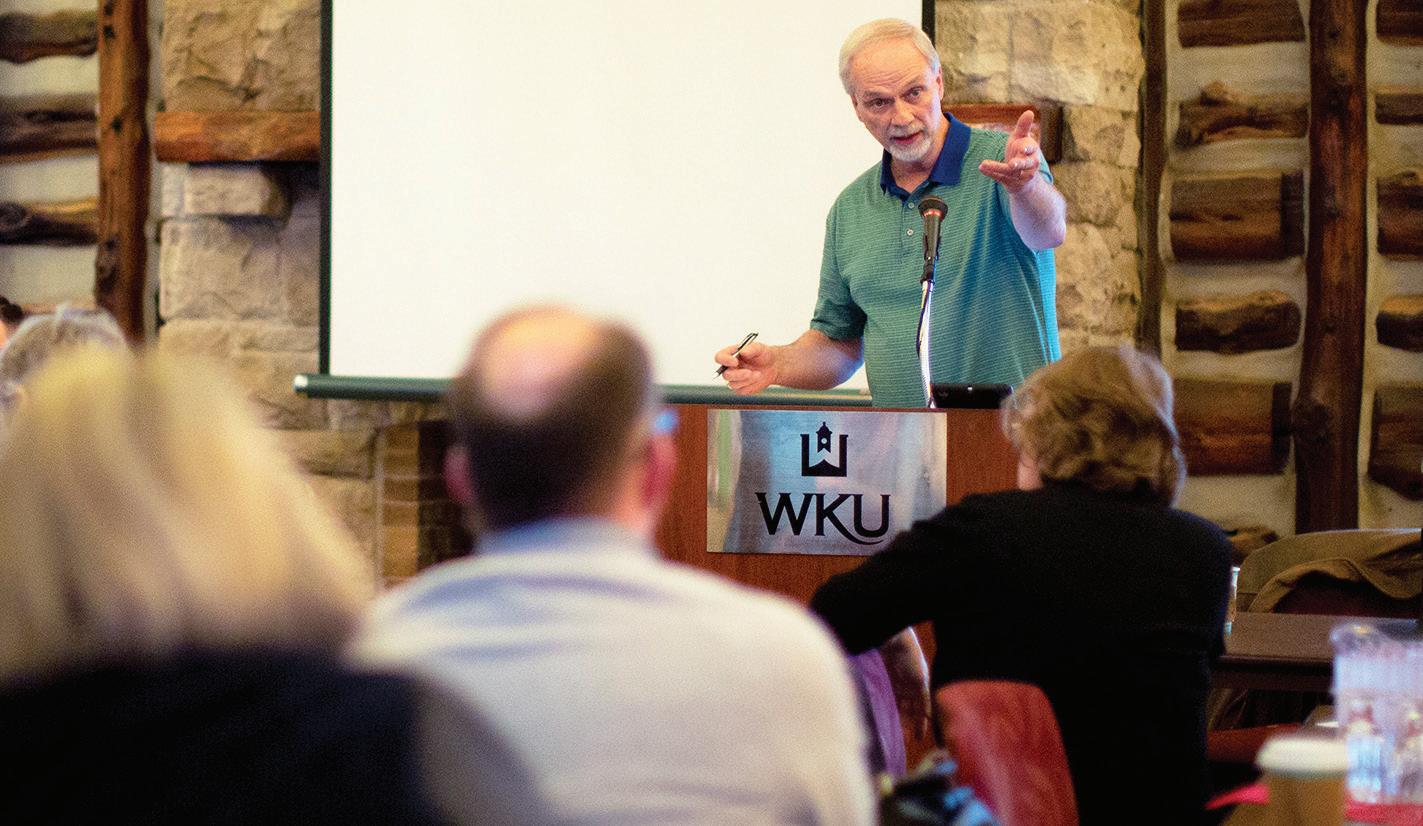

“I think at the very least he should come up with a place online where faculty can post questions,” Atkinson said in the meeting. “At least it’d be a line of communication.”
AdministrationreporterMichaelCrimminscanbereachedat michael.crimmins416@topper.wku.edu.
13
Kirk Atkinson faculty senate chair speaks during the monthly faculty senate meeting at the Faculty House Feb. 21, 2019 in Bowling Green.
JOSEPH BARKOFF/HERALD ARCHIVES
SPORTS MEDICINE Call to make an appointment at 270.745.2273 Now Available on Campus Lindsey
On campus at 1681 Normal St | Bowling Green, KY 42101 /GravesGilbert @GravesGilbert @GravesGilbert /GravesGilbertClinic www.gravesgilbert.com
Whiteman Brooks, M.D. Brian K. Macy, M.D.
COP A PAIR
WORDS AND PHOTOS BY ARTHUR H. TRICKETT-WILE
Life-size, cardboard cutout Gatorade ads of Michael Jordan frozen in mid-air stand in front of a mantle decorated with plates bearing the NBA legend’s likeness.
Chicago Bulls jerseys bearing the numbers 23 and 45 – even Washington Wizards jerseys commemorating Jordan’s final brief stint in the league – are draped across the back of a couch.
Dozens upon dozens of pairs of Jordan’s signature sneakers are arranged across the floor, lovingly watched over – and sometimes worn – by Melissa Bailey, WKUPD’s public information officer and lover of all things basketball.

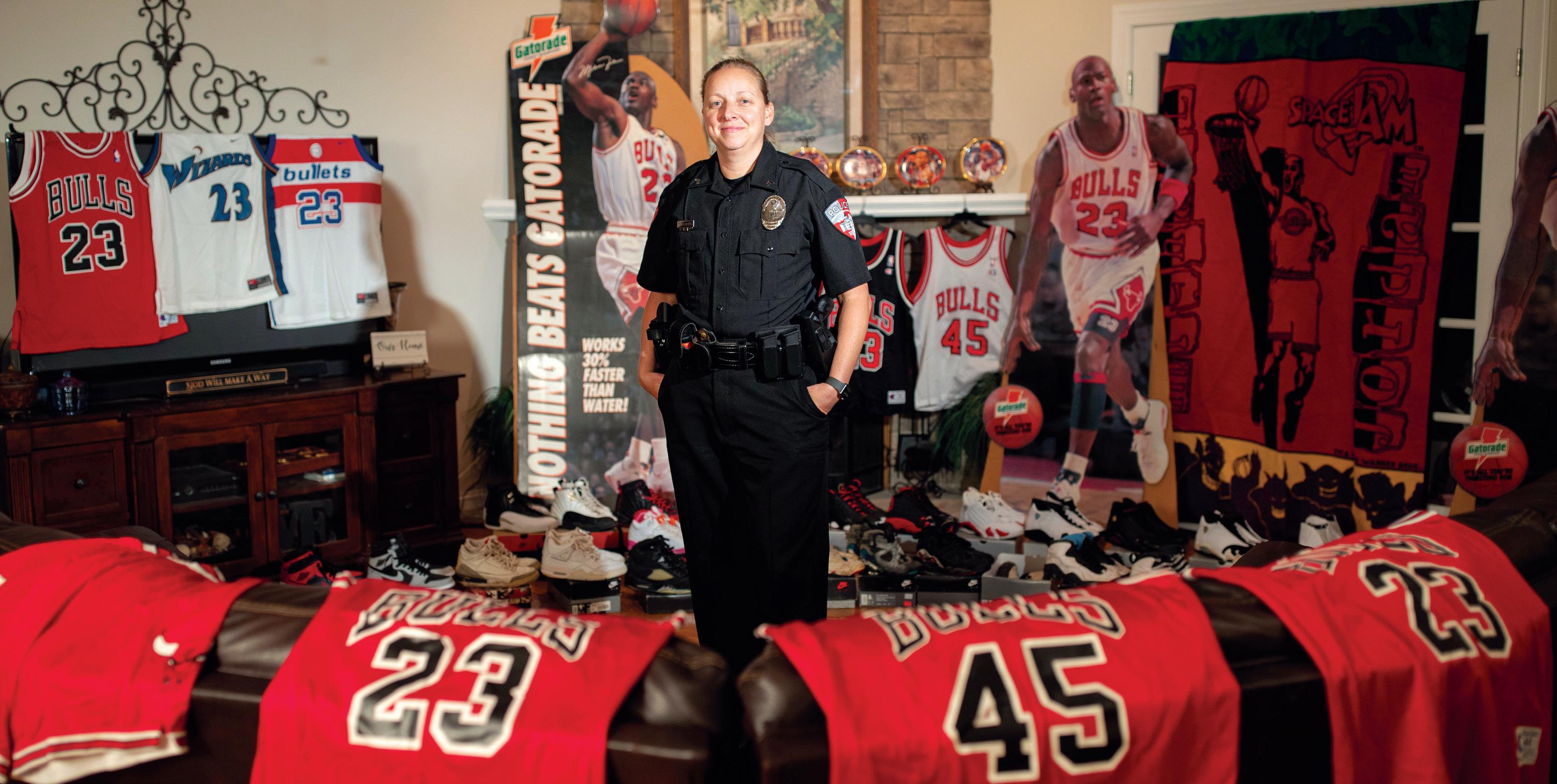
Bailey, a 2005 Western Kentucky University grad with a bachelor’s degree in exercise science, says she’s been collecting Jordan sneakers since she was a young girl. Bailey’s daughters play basketball as well, and as a family, they share a love of the sport and the sneakers used to play it.
“I started playing rec-league basketball in third or fourth grade, and immediately fell in love with the sport,” she said. “My dad was the assistant coach, so every game, he would say ‘if you score 20 points, I’ll buy you the next pair of Jordans.’”
Some of her oldest pairs, like her Air Jordan Original OG-7’s in olympic white, midnight navy and true red from 1992, are crumbling at the soles. Since those acqui sitions, she’s collected more than 30 additional pairs.
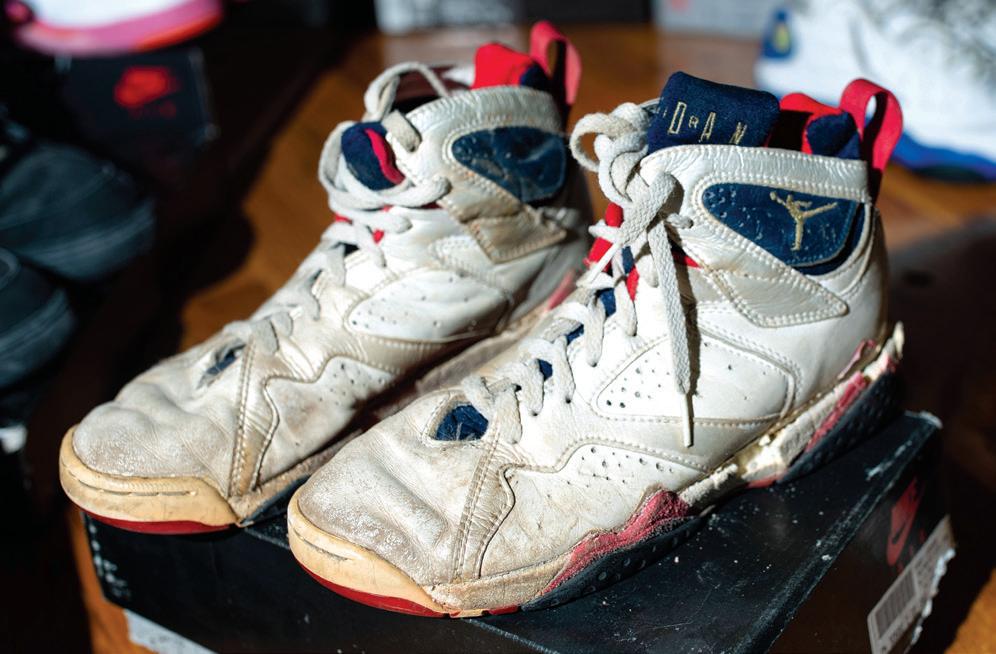
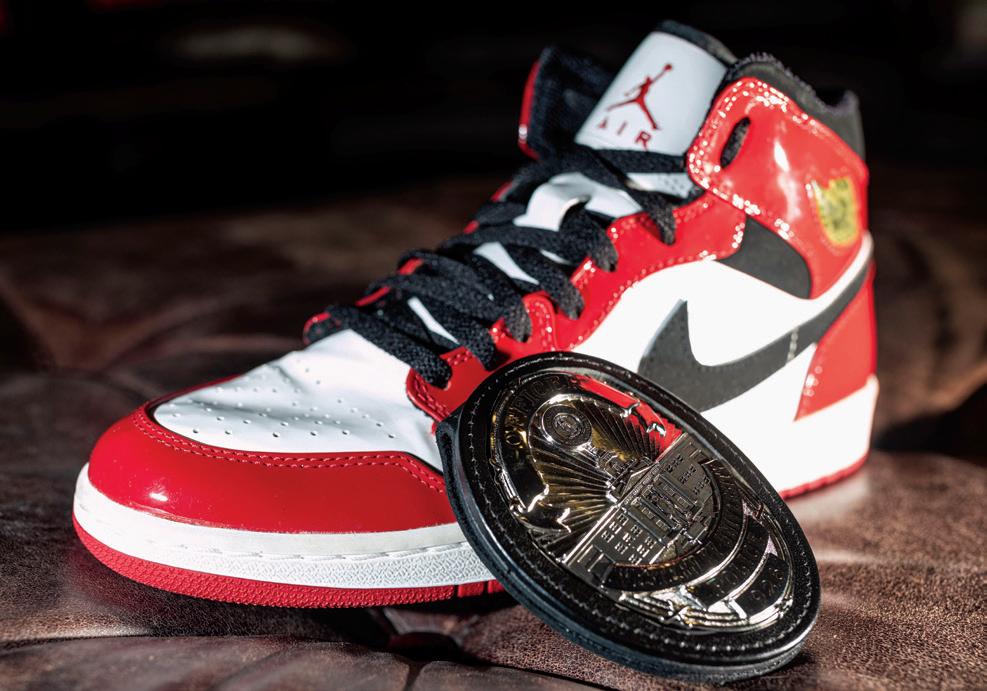
“These are the holy grails of Jordans,” Bailey said, pointing to the pair on her feet— Jordan 1 Retro Chicago Bulls Patent, in the black and red “Bred” colorway, from 2003.
“It started with the shoes,” Bailey said. “And then it became an obsession. Any thing that had Jordan on it, I wanted.”
Aside from the sneakers, Bailey collects Michael Jordan basketball cards, jerseys, magazine covers, commemorative plates, posters, cardboard cutouts and action figurines. Her collection is so extensive that she’s taken to storing much of it in her mother’s attic.
14

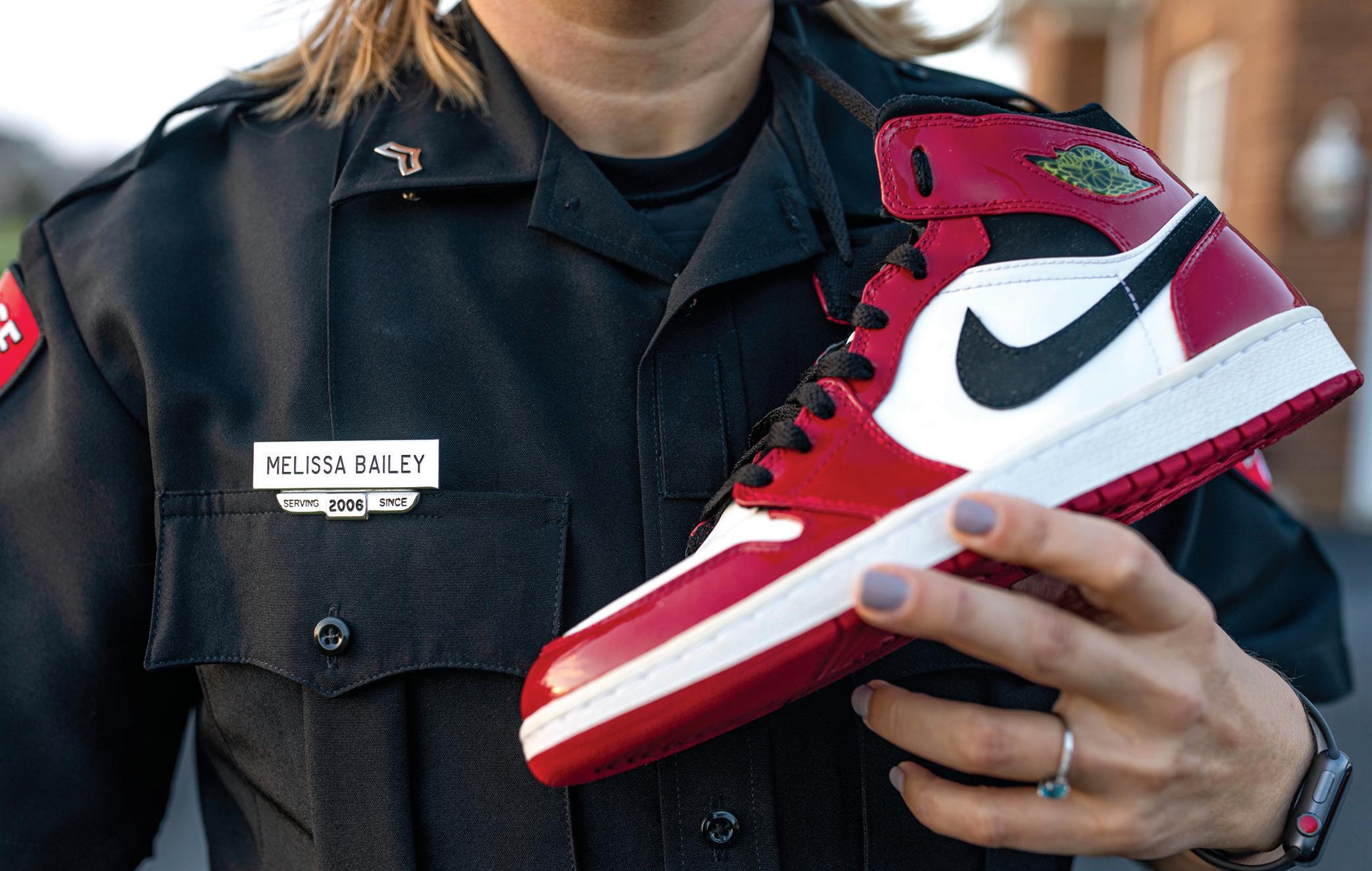


15
OPINION: THE SUSPENSION OF HUMANITIES PROGRAMS SHOULDN'T COME AS A SHOCK
By Herald Editorial Board
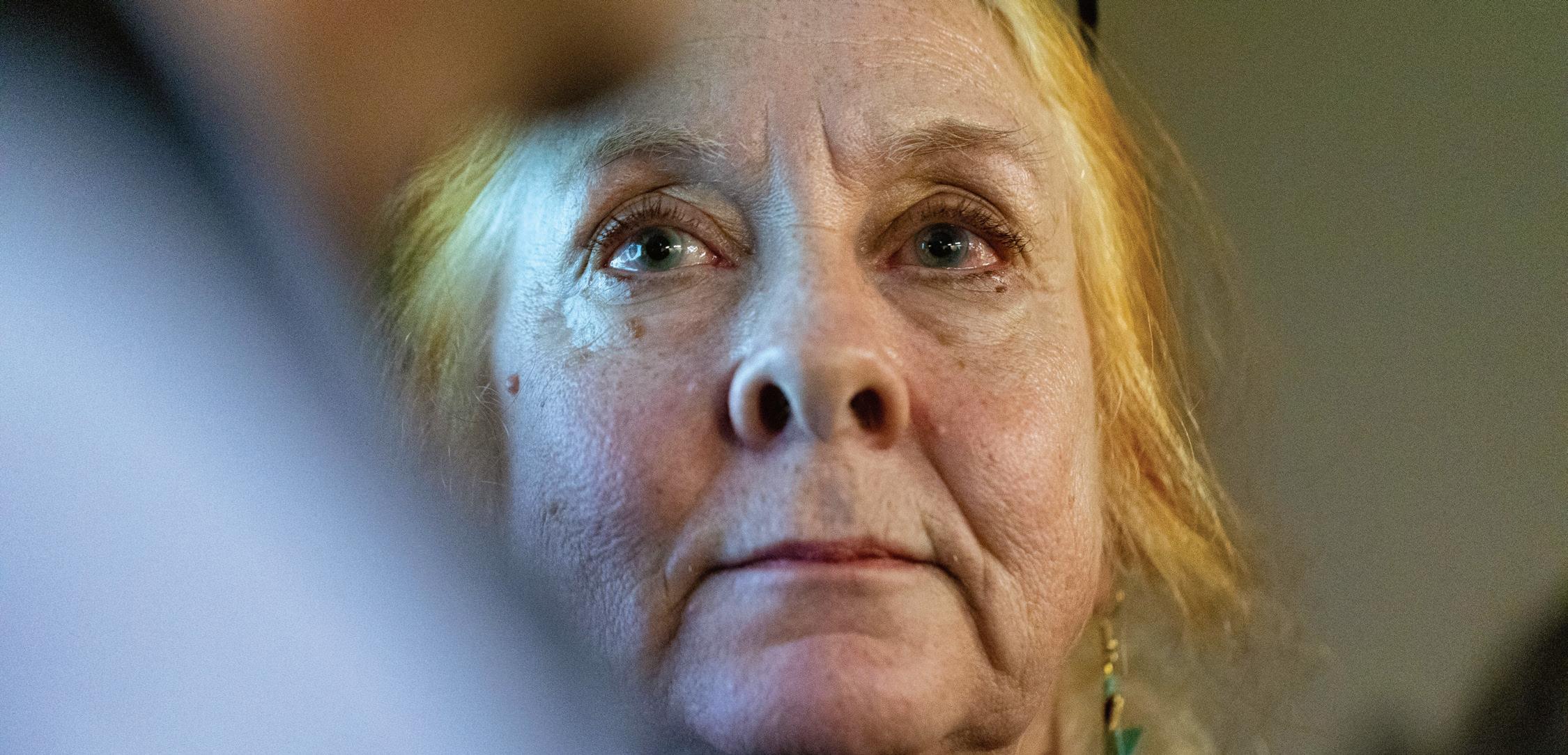
The question every student hears at family gatherings – “what are you going to do with that degree?” – now seems to be a justification for WKU to suspend programs it has deemed not profitable.
The university has created a habit of cutting or suspending programs and ma jors because their value wasn’t enough to justify their existence.
Some recent examples: The Arabic program? Suspended due to low enroll ment and difficulty finding instructors. The French program? Suspended due to dropping enrollment. Diversity and community studies? Suspended due to low enrollment. The folk studies gradu ate program? Now pending suspension following a drop in instructors.
If your program can’t show its worth through dollar signs, your major might be next on the list.
Removing programs is the antithesis of progress. What is the purpose of a university if you take away opportunities to learn? In many ways it seems like WKU is becoming an expensive community college – a smaller student body with fewer academic paths.
The folk studies graduate program isn’t the first to face the chopping block. It won’t be the last.
The dismantling of prestige, unique and niche programs only hurts the uni versity. Computing cost-benefit analysis on programs that have made and contin ue to make an impact on students’ lives outside of WKU is anti-progress. The intrinsic value of these degrees shouldn’t depend on their monetary values.
The outcry from alumni of the gradu ate folk studies program to the news that their alma mater might lose the program that made them who they are today should speak volumes to the importance of these programs.
If WKU spent more time investing in and promoting programs whose values aren’t immediately apparent, we may be able to save and further foster a better future for our students. What is the value of critical thinking? Of rhetoric and research? How can we judge these pro grams' merit by their face value, if their merit is what they cost the university?
Students in these significant pro grams shouldn’t have to suffer the consequences of their department and
university’s battles.
If enrollment is low, cutting programs won’t solve the problem. Why would students go to a less prestigious univer sity that costs more, when community colleges can offer the same things?
WKU’s student body hasn’t been “20,000 strong” since Fall of 2017. As of Fall 2021, WKU has 16,750 total students enrolled. Our community is shrinking and our tuition fees are only increasing.
President Caboni – we urge you to consider the value of a college degree beyond the traditional tracks. Not every one is working to become a physician or a lawyer, but that doesn’t mean they lack importance in society. Just because progress isn’t seen by the public, doesn’t mean it isn’t there.
How can you promote “the spirit makes the master” while dismantling the spirit of academic pursuit through program suspensions?
Folklorists, historians, linguists, mu seum curators, artists, philosophers and theologians make a concrete difference in the world – but WKU has lost sight of the cultivation of “life more life” when losing these programs.
16
Western Kentucky University Folk Stud ies Professor Emeritus Erika Brady visits with attendees after a presentation in the Western Room of the Kentucky Museum on Thursday evening, Nov. 17, 2022 on campus in Bowling Green.
ARTHUR H. TRICKETT-WILE
CLOSE& FLIP

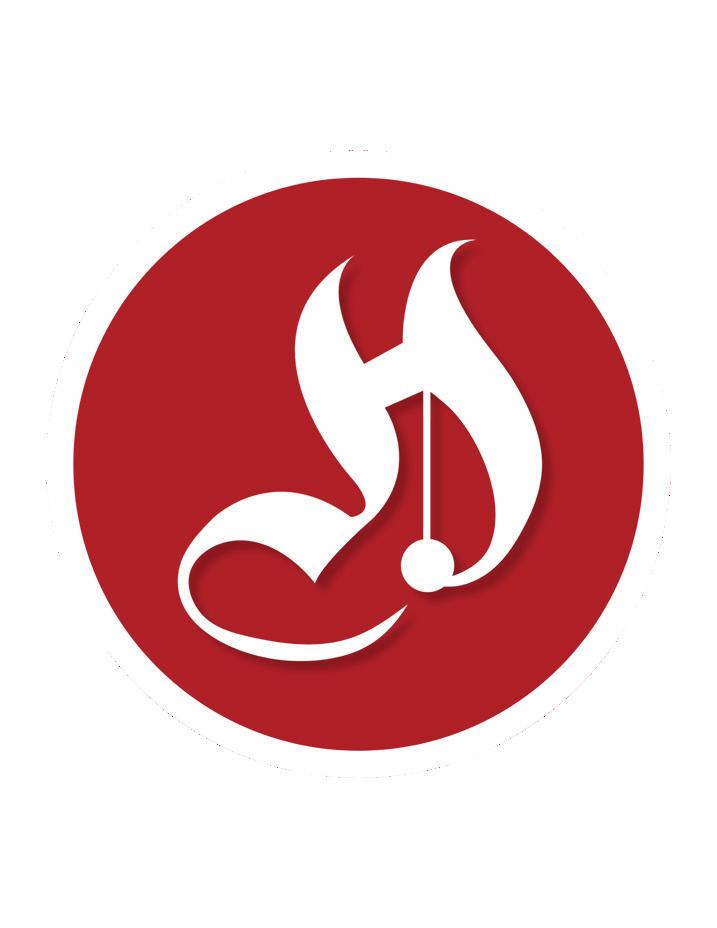
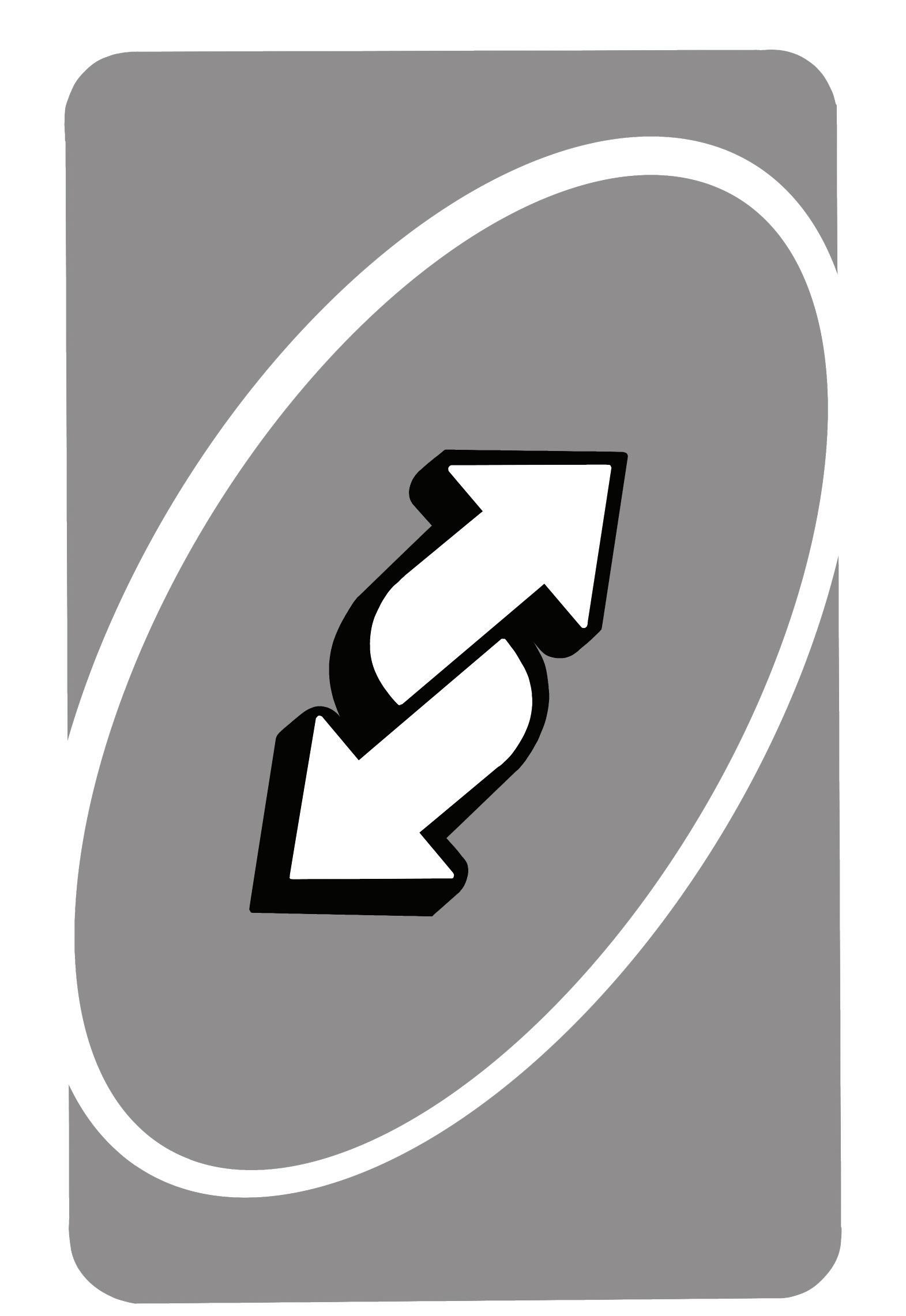
17
ADULTING




Be proactive with your self-care. If you’re a young woman, it’s time to establish a relationship with a gynecologist. Women’s Health Specialists offers comprehensive care in a convenient, confidential setting located close to campus.

Nov. 28, 2022
Be proactive with your self-care.
Proactive self-care is an essential part of becoming an adult, and if you’re a young woman, that means it’s time to establish a relationship with a gynecologist who can help manage your care through all of life’s stages. Med Center Health’s Women’s Health Specialists offers comprehensive care for women. From vaccines and contraception, to testing and pregnancy care, our downtown office located close to campus offers a convenient, confidential setting with caring professionals.
Learn more at medcenterhealth.org/women

Call 270-781-0075 to schedule an appointment. Women’s Health Specialists Obstetrics & Gynecology Women’s Pavilion 523 Park Street Bowling Green, KY 42101



Cover
challenges
Cover
Plane
Tidwell, Flywell
FlywellAviation.com CONTENTS Student Guide: Writing a Professional Email Bang for Your Buck: Party Edition How to Change a Tire in 10 Steps A Guide to Flying Alone How to Use Dark Humor Preparing for Grad School Dressing Business Casual 4 6 7 8 10 11 12 Writing Alyssa Butler Emma Dock Photo Hydia Jackson Nicole Johnson DaShaun Van Cleave Garrett Woodrum Design Haden Moore Abby Neltner Lexi Ocampo Cover design by Emma Bayens and Bailey Brush BOARDING PASS DESTINATION: ADULTHOOD Advertising Carson Coffey Kayla Heath Abby Loftus JT Steele Julia Steinmetz Sarah-Kate Wiseman Cherry Creative Leadership Cristina Betz Creative Director Emma Bayens Photo Editor Téa Jones Writing Editor Bailey Brush Design Editor Sam Oldenburg Cherry Creative Adviser Wes Orange Advertising Adviser Alaina Scott Advertising Manager
inspired by the idea of “taking off” into the next stage of life as an adult and navigating through the
that come with growing up.
Model: Luke Gagliano
Provided by: Justin
Aviation,
Student Guide: Writing A Professional Email
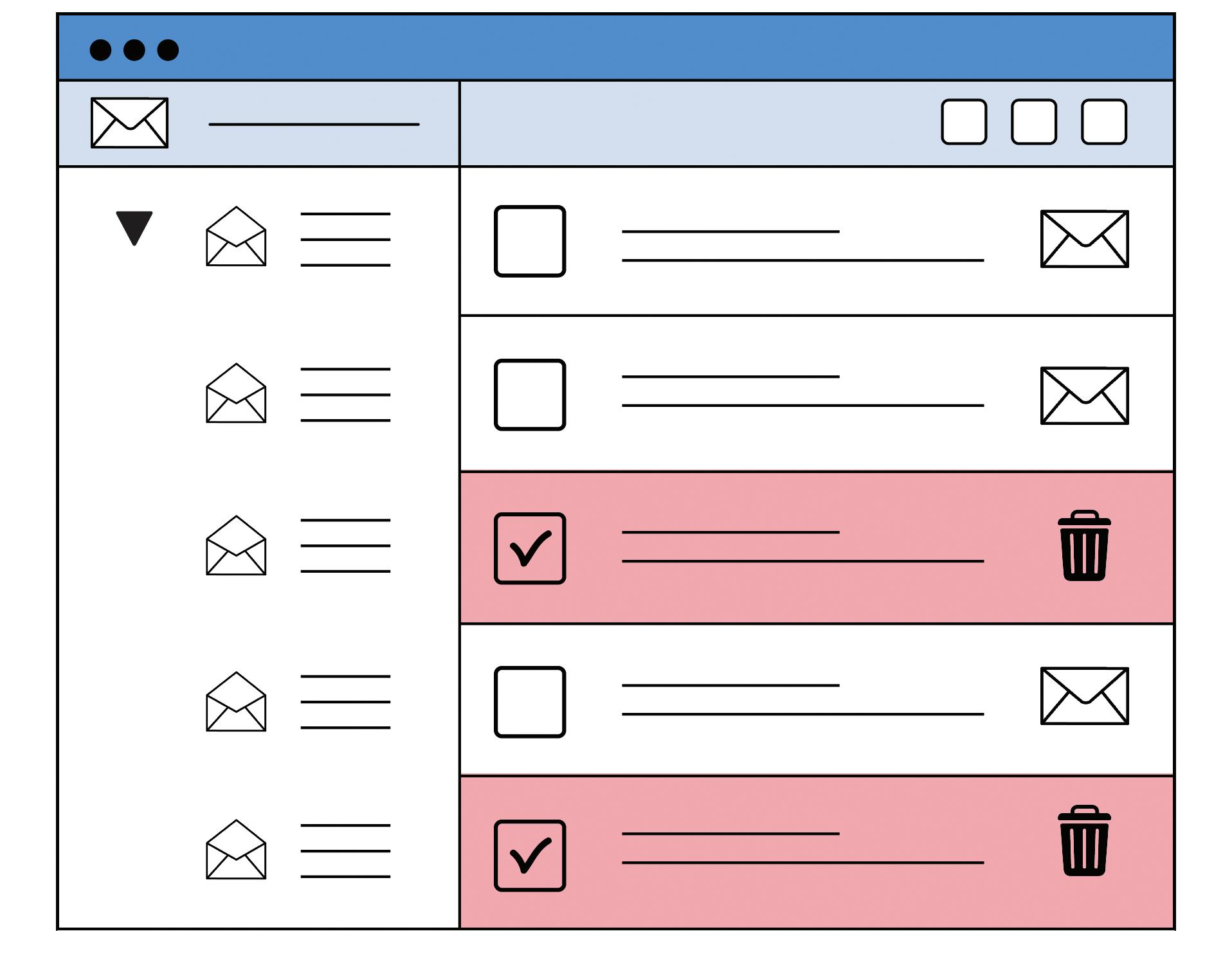 Story by Emma Dock | Illustrations by Abby Neltner
Story by Emma Dock | Illustrations by Abby Neltner
Let’s be honest, college can be hard. There is plenty of work for students to complete and more often than not, they are going to have questions for their professors. However, students shouldn’t just shoot a casual message to their professors in the middle of the night and hope they answer. Professional writing is a valuable skill in and out of the education system. Adults should know how to email professionally, especially in the workplace. The real question is, how do you write a professional email?
The first place to start is the subject line. This establishes what the email is about and what the recipient should expect before reading.
Tamara Strom, a professor in the Gordon Ford College of Business at WKU said that subject lines should be short and specific.
“The subject line is often the only thing that will determine if the receiver will open your email,” Strom said. “The subject line provides the purpose of the email.”
Next is the greeting of the email. Greeting a recipient is a sign of professionalism. An email should always have a greeting to avoid
sounding rude or unprofessional.
Adrianne Browning is a professional development specialist and career coach in the business college.
“Always begin with a friendly greeting. Be sure to start your email with: Ms. last name, I hope this email finds you well, good morning, or good afternoon,” Browning said.
Browning also said to never address the person by his/her first name.
“Address the person by Mr., Ms., Dr., or Professor plus their last name in the greeting,” Browning said. Next is the body of the email. The body is especially important because the reason for sending the message has been said in the subject line. The body is more descriptive and gets to the purpose of the email.
Aquesha Daniels, director of inclusion and impact and associate professor in the business college, provided some feedback on how to best write the body of an email.
“Your body should be structured,” Daniels said. “It could be structured first point, second point, third point, or it could simply
be structured from what is most important to what is least important.”
Daniels also said to avoid abbreviations. Some people might not understand what an abbreviation means and can become confused if there is one in the email. Always try to avoid causing confusion at all costs.
Finally, close an email with a sign-off: sincerely, best, etc. Remember to include a professional signature at the end of the email. Mariah Yates, director of advancing workplace culture and assistant professor in the business college, gave some context on the professional signature.
“Include a professional signature in your closing. This gives your recipient context as to what organization you represent, your title or position, and what the best contact info is for you,” Yates said.
This skill will be extremely helpful in the future with professors and future employers. Now that you know everything necessary to write a professional email, it’s time to get to writing!
4 | ADULTING
4 | ADULTING
Subject: What i miss?
SEND


Sup Professor,
I didn’t show up to class today and i gotta know what i missed for the next class. Help me out?
Thanks man John Doe
Professional Email
Subject: Class Absence
Hello Professor Jones,
I will not be able to attend class today because of an illness. I will look over the slides on Blackboard, but I was wondering if there is anything else I should know to catch up before next class?
Thank you for your time, John Doe
Unprofessional Email x SEND


ADULTING | 5 x x
Bang for Your Buck: Party Edition
Photo by Nicole Johnson
College students have the ultimate task of navigating a strict budget. Just because you’re on a low budget, it doesn’t mean you have to bring a boring dish to the party. There are plenty of options to choose from when it comes to cheap, shareable dishes, such as buttered popcorn or homemade pizza.

6 | ADULTING
Bowling Green: 398 Lovers Lane, Bowling Green, KY. 42103 2305 Gary Farms, Bowling Green, KY. 42104 661 Dishman Lane, Bowling Green, KY. 42104
Franklin: 317 N Main St, Franklin, KY. 42134 903 S Main St, Franklin, KY. 42134

www.fbtco.com Hometown Banking at its Best! BUDGETING IS THE FIRST STEP TOWARD FINANCIAL FREEDOM Our vision is to exhibit excellence in everything we do. Fast, Easy and Convenient Banking
A GUIDE TO FLYING ALONE
The idea of flying alone can be terrifying to anyone, let alone to people who have never flown alone before.
Some of you may be thinking, “I’ve flown before; I don’t need this; I can fly by myself.” Well be honest, when you flew, did your parents handle everything? If they did and you have no idea how to fly alone, then this guide is for you!
Once the flight is booked and everything is packed, it is time to head to the airport. Many fliers have different opinions on when to arrive before their flight. Airports commonly advise that passengers should arrive two hours before their flight for multiple reasons, such as long lines in TSA, flight changes or early boarding times.
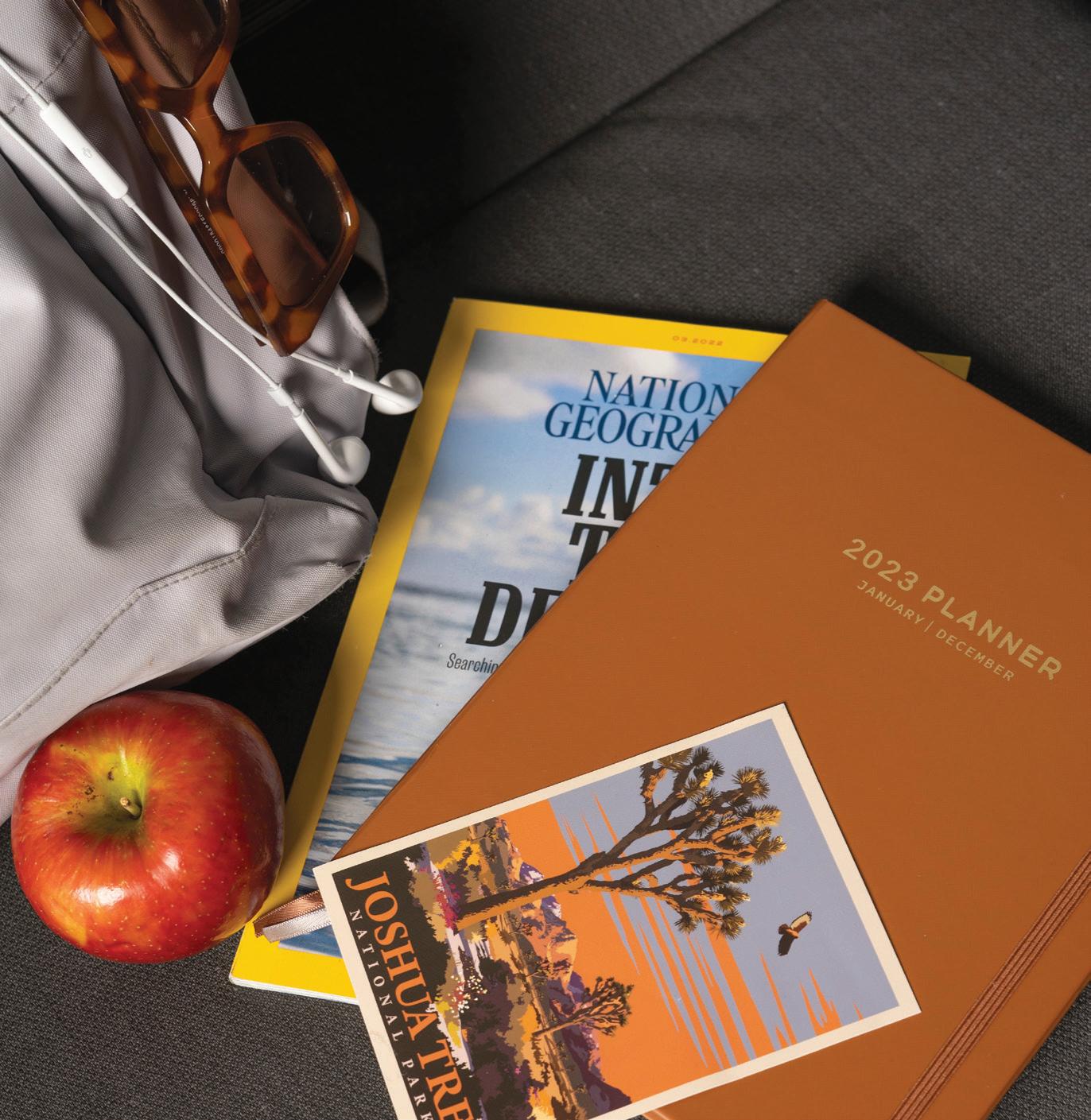
Madeline Jansen, a WKU alumna, recommends arriving at the airport with plenty of time to deal with the uncertainty of the Transportation Security Administration.
“My dad works for an airline, and the recommended time for busy airports is two hours minimum in case TSA lines are long or additional screening is needed,” Jansen said.
After arriving at the airport, what’s the next step? No, it is not to go and get Starbucks. It’s the dreaded TSA line!
The first thing needed is a valid ID, (a drivers license, passport, or a new type of driver’s license called a Real ID is acceptable), and boarding pass. The TSA workers have to match the correct identification to the person going through the line.
Protect your valuables by keeping your personal items on you at all times while navigating through the airport.
Allie Batson, a junior from Hendersonville, Tennessee, recommends paying for TSA PreCheck.
“If you have TSA PreCheck, you just have to walk through a security device; if not, you have to remove electronics from bags and remove your shoes,” Batson said. “Overall, TSA PreCheck makes security much faster.”
If you choose not to Precheck, just follow the rules: Liquids under 3.4 ounces must be placed in a travel bag, listen to the instructions the TSA workers give, and remove shoes when walking into a metal detector.
TSA also has an online guide that people can go to for what is and isn’t allowed in carry-on and checked luggage.
Alright, TSA is done. Now it’s time to look at that boarding pass and find the correct gate.
Get through the TSA line without any hassles by opting for travel-sized toiletries. In order to stay healthy while traveling, keep a mask and mini hand sanitizer in your bag for convenience.

There are plenty of unspoken rules that should be followed at the airport. Avari Stamps, a WKU alumna from
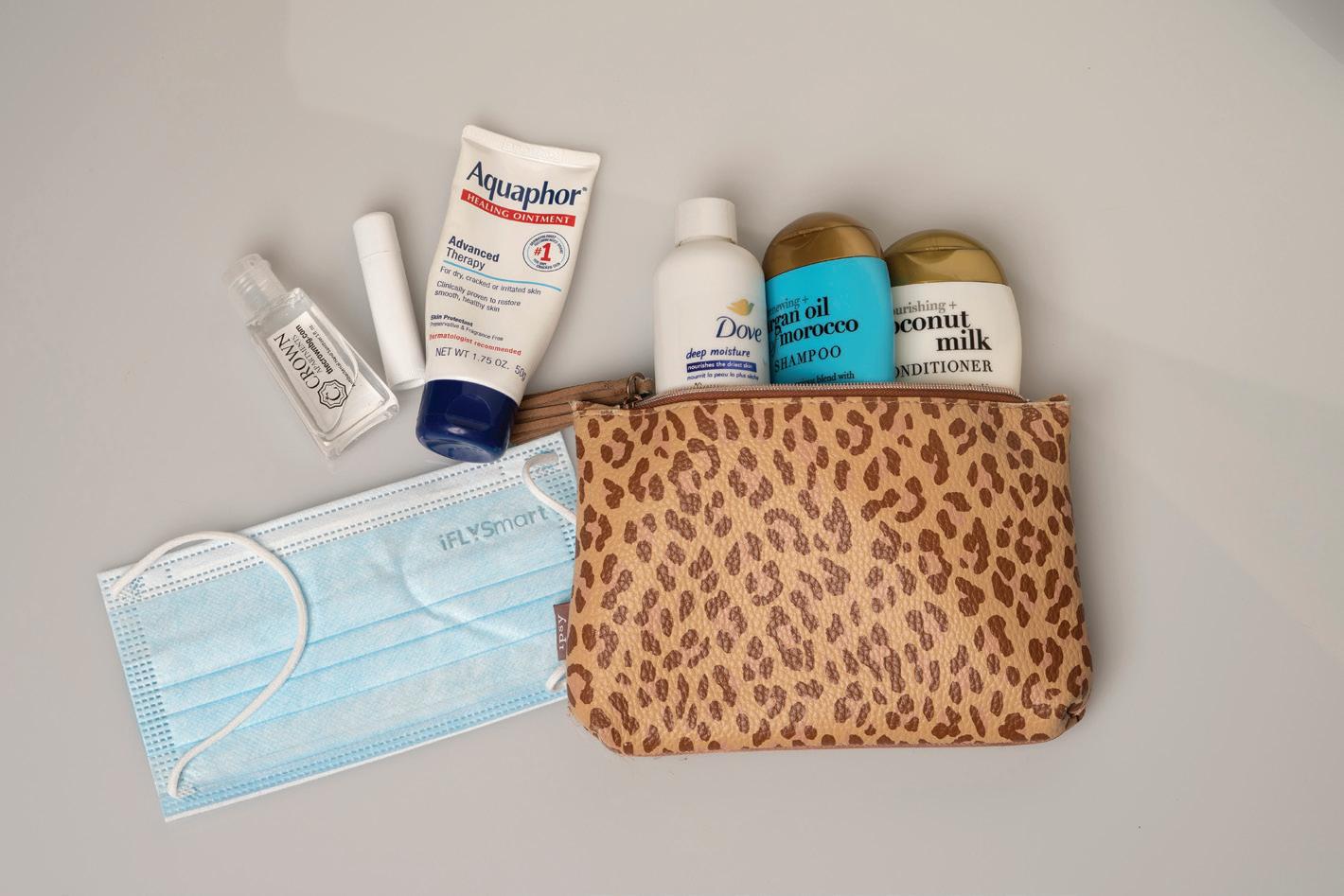
8 | ADULTING
Bowling
Story by Emma Dock and Alyssa Butler | Photos by Garrett Woodrum
Green, shares her dos and don’ts that should be followed.
“Don’t leave your bags unattended, even in the bathroom,” Stamps said. “Do be aware of your surroundings. Do keep a digital copy of your boarding pass in case you lose your paper boarding pass.”
Well, we are almost done! Before starting to skip down to the airport, Adam Alsup, a flight instructor for Flywell Aviation, has left some final tips for people who have never flown alone before.
“You should know how to follow signs in the airport. If you are flying internationally, keep some form of translator on you so you can read signs,” Alsup said.
Alsup shared some other useful tips, for instance, bringing a USB charger and block along with headphones with a 3mm jack.
“You should also take chewing gum on the plane with you,” Aslup said. “Chewing it helps relieve the pressure build-up in your ears.”
Well, there you go, everything you need to know about flying alone! Flying alone can be scary, but just remember to be safe and have fun!
Keep your personal items organized in a backpack for a more comfortable and practical flying experience. Fill it with items that help pass the time, such as headphones or books and a comfort item, such as a neck pillow.
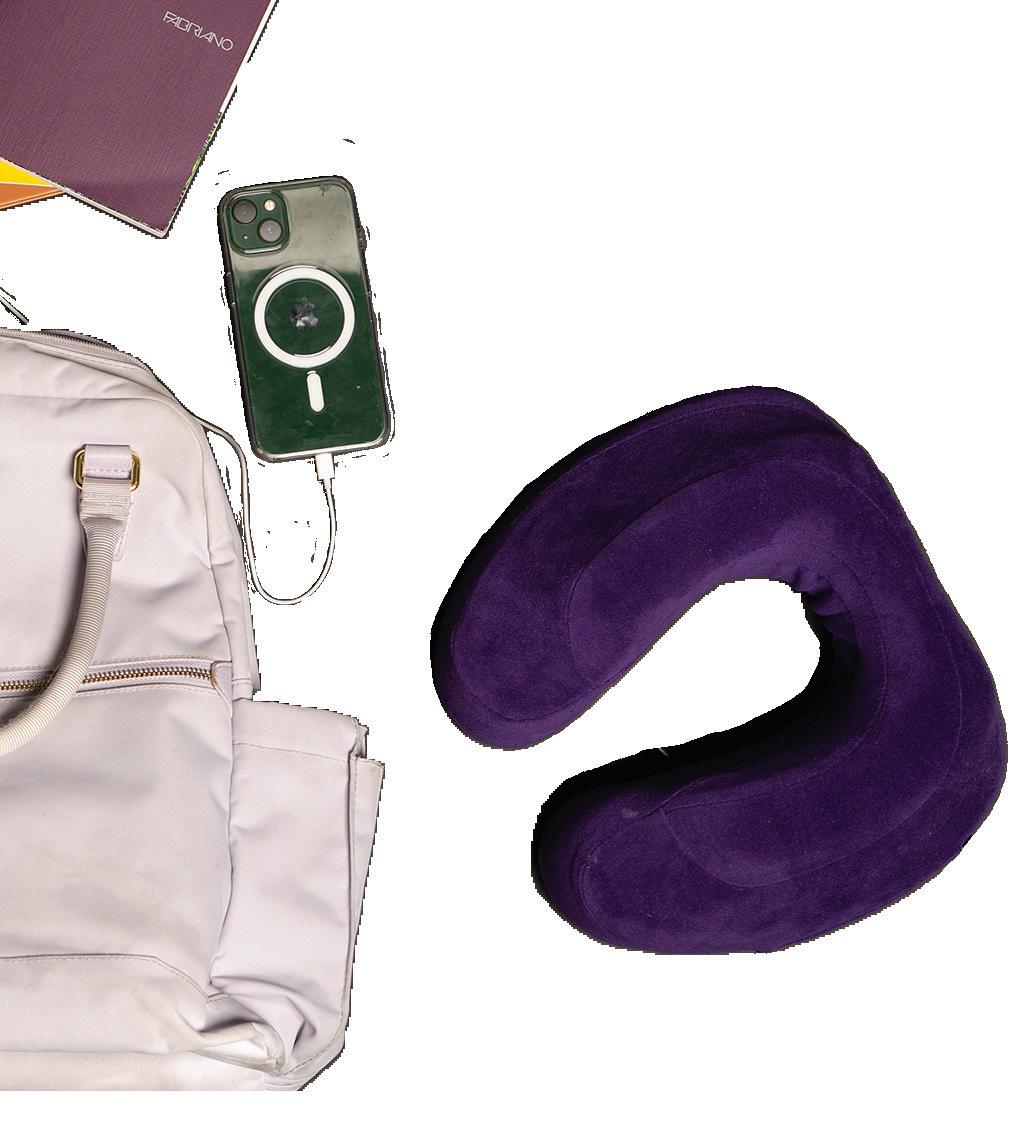

Plan for your flight ahead of time and keep all necessary documents, such as a passport and plane ticket, organized to make the day go smoother.

ADULTING | 9
How to Use Dark Humor
Quiz
by Haden Moore
Dark humor has skyrocketed in recent years, but it is becoming harder to know when it is appropriate and when it is not. Take this short quiz to find out if you should use dark humor.
Start Here
Do
Use caution, but you should be OK to use dark humor here. It is best if you go easy as the best jokes are used as a coping mechanism from past trauma. As long as you can read the room and be careful, you will be OK.
You don’t have anything to worry about. As long as you stay within the limitations of your group, you have nothing to fear. This is the best opportunity to use dark humor. There is also little chance of a joke not landing. Go have your dark fun.
This is a bad situation for using dark humor. If you are in a situation where you know someone is going to get hurt or offended, it is a no-brainer to just not use dark humor. Using dark humor is the worst thing you or anyone could do in this situation.
At the end of the day, you have to look out for yourself. You never know who might be listening, so it is important to always be mindful of that. You might be left with unintended consequences if the wrong person hears, so it is best
not use dark humor.
ADULTING | 7
Is the subject something you have been through?
Do you know those around you well?
Is the situation formal? Could someone turn around and use it against you?
Are they the kind of person to use it against you?
Are you insulting someone with your joke?
you know the group’s limits?
Yes Yes Yes Yes Yes Yes Yes No No No No No No No
to
10 | ADULTING
Preparing for Grad School
College seniors prepare for graduation in numerous ways, and for some that means preparing for graduate school. The transition to graduate school can be difficult, but there are many ways to make it smoother, such as collecting recommendation letters and incorporating experiences on your resume that stand out amongst other applicants.
Kathleen Montgomery, interim director and associate professor in the University of Kentucky’s Patterson School of Diplomacy and International Commerce, said that when entering graduate school, students must be prepared to dedicate a large amount of time.
“Enrolling into a graduate program is the same as working a 40–50-hour week job,” Montgomery said.
While entering graduate school is a major transition, faculty and staff at UK support their students so they don’t go through it alone.
Gregory Hall, an associate professor in the Patterson School, said that the cohort style of classes helps to build relationships with not only faculty and staff, but with colleagues as well.
“The cohort is relatively small, about 30-40 students, and you can expect many opportunities to get to know your colleagues,” Hall said.
Hall said the Patterson School also
utilizes co-curricular activities that give opportunities to engage professionals from all walks of life, as well as the opportunity to travel.
“We took a trip to D.C recently and visited consulates,” Hall said.
Those experiences can also help students build relationships with faculty, which can lead to strong reference letters, something Montgomery stressed as an important part of the application process.
Montgomery said that reference letters will prioritize how a student works efficiently and push applicants ahead of their peers.
Robert Farley, a senior lecturer in the Patterson School, said they look for students who have taken a variety of classes in their undergraduate career.
“Certainly we’re looking at people who have some grounding in the basic skills, so they would have taken some international classes and seem to exhibit some interest in international affairs,” Farley said. “It’s a very multifaceted orientation.”
Farley said the Patterson School seeks to bridge the gap between policy and academics, and they look for undergraduate students who have experiences outside of the academic world.

“We look for people who have done extracurriculars that have been participatory
and have been leaders of organizations,” Farley said. “Generally speaking, we look for students who probably have an orientation towards public service.”
Hall said the Patterson School is a threesemester master’s program, which moves faster than a typical four-semester program, and he recommends using the summer before starting a graduate program for advanced preparation.
In preparation for the Patterson School, there is a summer reading list of eight major readings, a mix of academic readings and books that will help tie together international affairs in practice, Hall said.
“Patterson students want to go out and affect the real world, so we give them tools they need and help them find a job,” Farley said.
While graduate school may be intimidating, students shouldn’t let the higher standards of graduate school keep them from pursuing the education they want. As an undergraduate, taking advantage of opportunities to get experience, establish references and build a strong academic record will put students in a position for success before even applying.
For more information about the Patterson School and the application process, please visit https://www.uky.edu/pattersonschool/ admissions/applying.
SPONSORED BY UNIVERSITY OF KENTUCKY PATTERSON SCHOOL OF DIPLOMACY AND INTERNATIONAL COMMERCE
ADULTING | 11
Members of the University of Kentucky Patterson School of Diplomacy and International Commerce Fall 2022 cohort pose for a group photo. According to the Patterson School’s mission statement, they are preparing “future leaders for rewarding careers in international affairs.”
Dressing Business Casual
Photos by DaShaun Van Cleave
There’s a common phrase that says, “dress for success,” but what does that really mean? Even if a place of employment implements a dress code, you still can customize your wardrobe to reflect your personality! Three current and former WKU students show off their personal style while maintaining the business casual look.
Solomon Humphrey
Humphrey, a senior from Louisville, dresses up in business casual or business professional attire every Thursday for his fraternity, Phi Beta Sigma Fraternity Incorporated. He has on a fitted black suit from Macy’s with a black shirt and tie to complete his look.
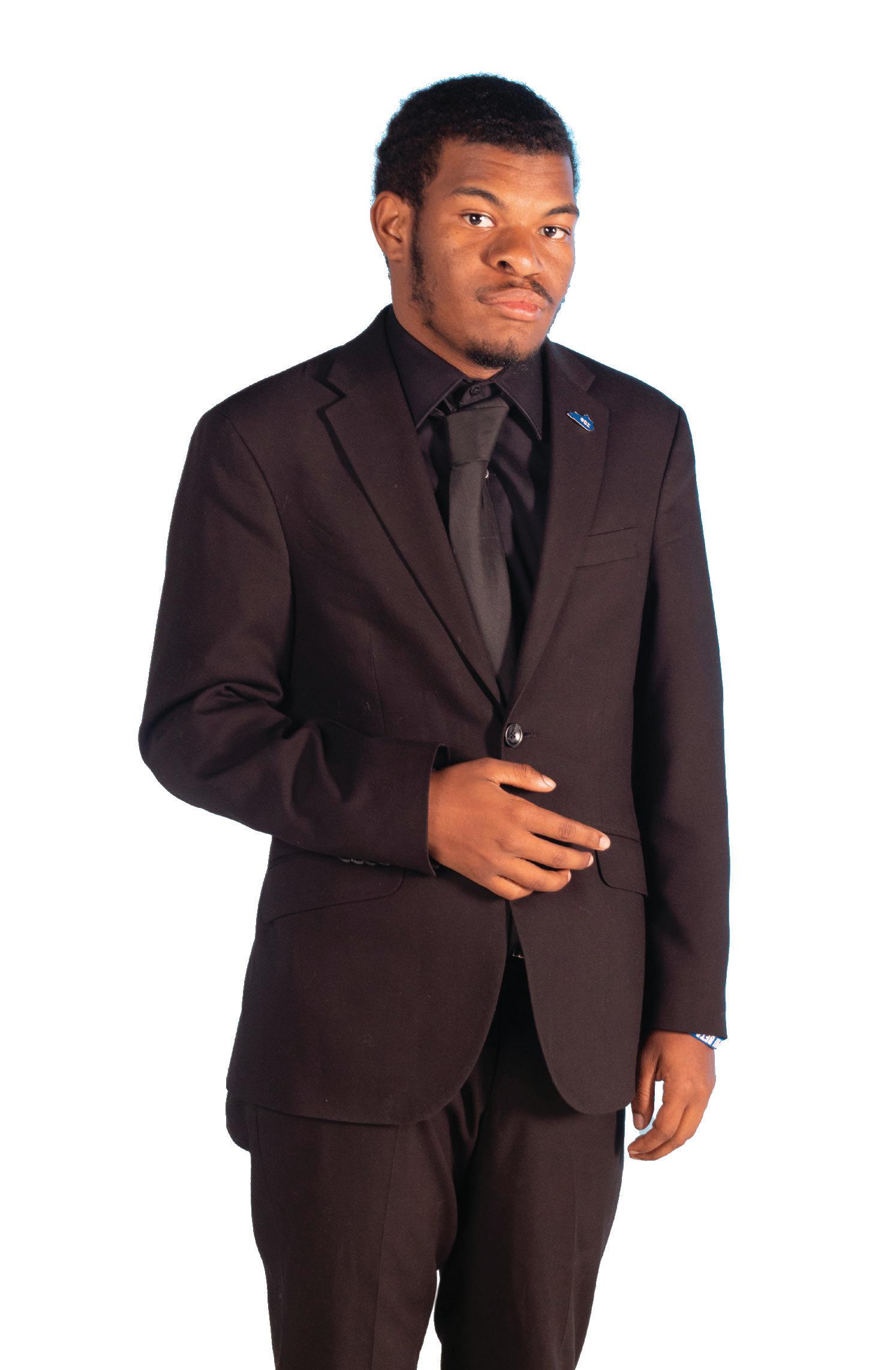
Mildred LeJeune
LeJeune, a junior from Atlanta, dresses up on the first Thursday of every month in a custom made cardigan and polo with her student organization “Why Knot Us Too” logo patched on the left side of her attire.

Kiria Braden
Braden, a WKU alumna from Nashville, is a student support specialist for the Intercultural Student Engagement Center at WKU. Her job requires her to dress in business casual attire every day. She has on a white blouse, black slacks, black earrings and tan flats. She got her entire outfit from Shein, an online store.
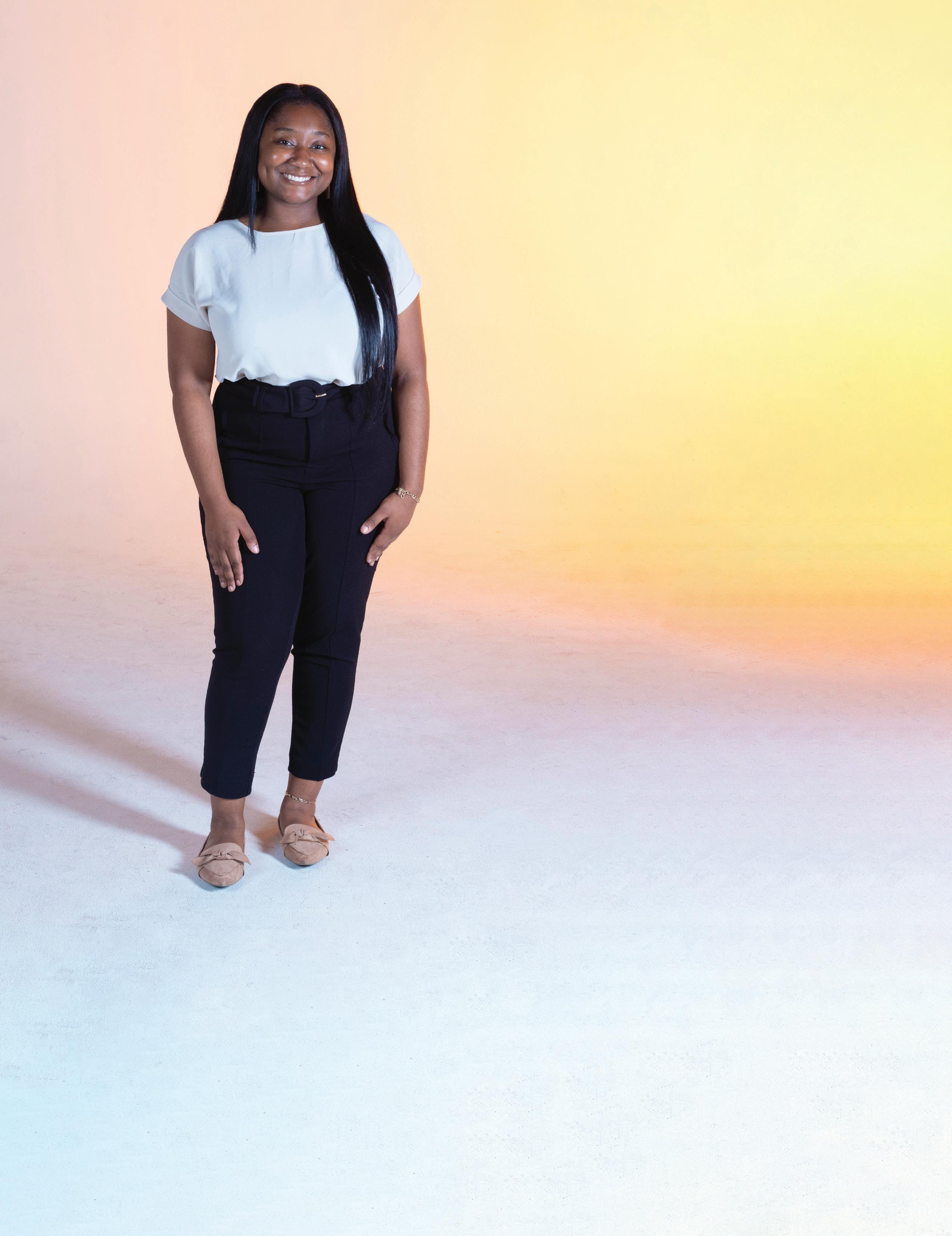
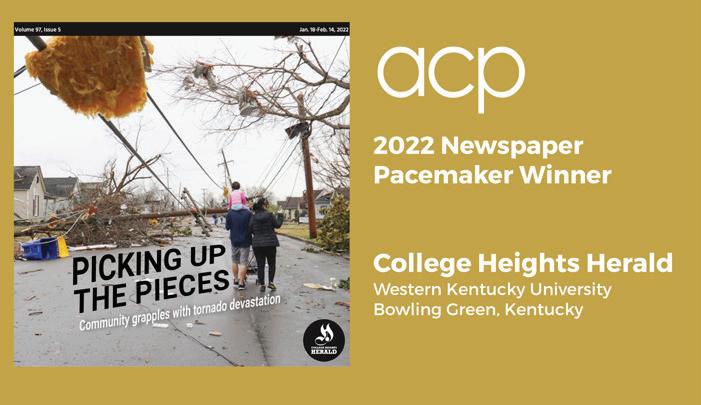
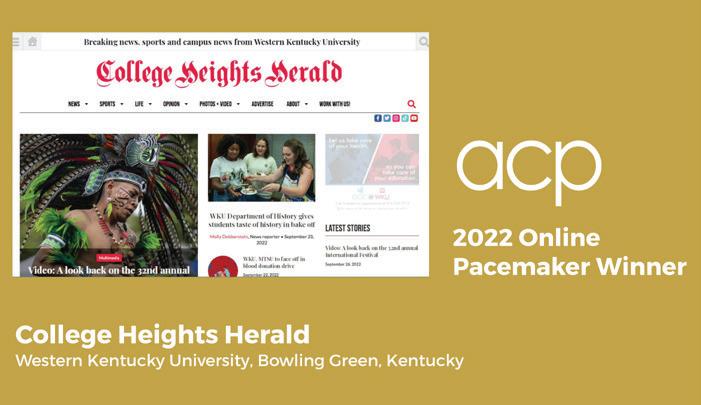


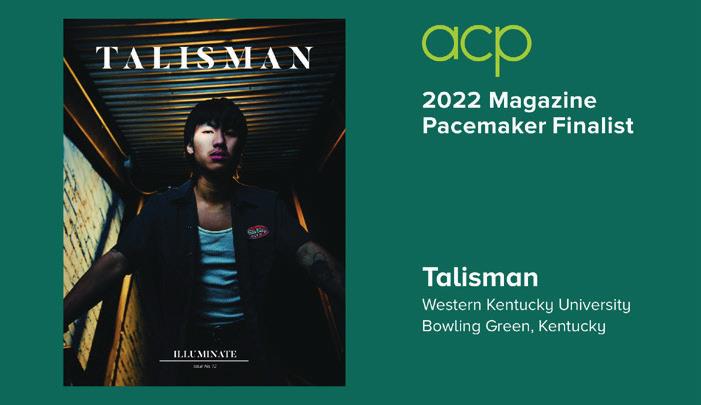
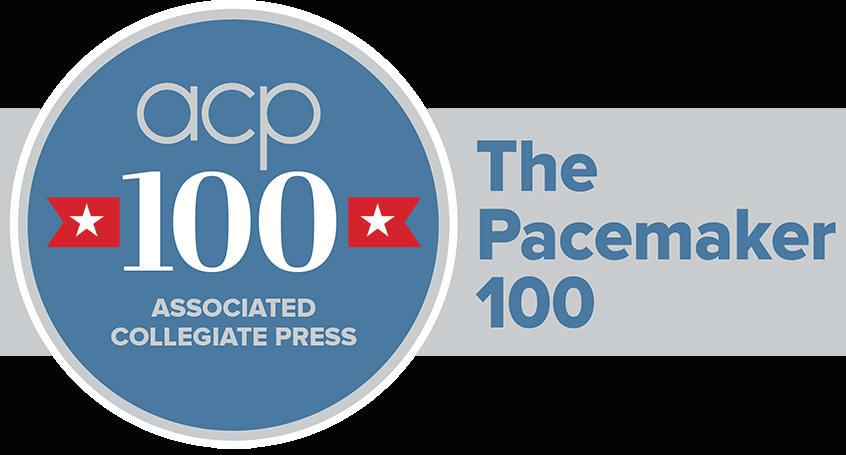

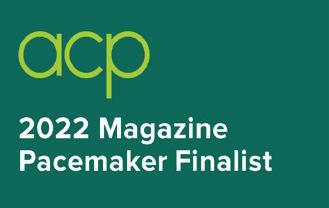

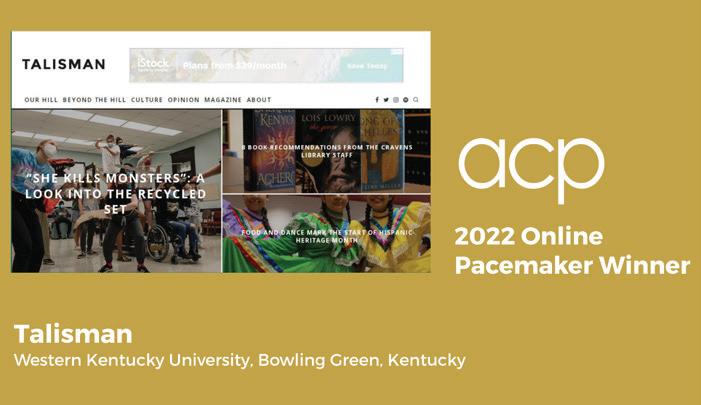
A BANNER YEAR The College Heights Herald and the Talisman brought home a record three Associated Collegiate Press Pacemaker Awards — the highest honor in college media — for 2022. And we were finalists for Pacemakers in three additional categories. TOP 10 WKU’s College Heights Herald was named the sixth most successful student media outlet in the century-long history of the ACP Pacemaker awards. 1. The Royal Purple, Kansas State University 2. The Daily Texan, University of Texas at Austin 3. Indiana Daily Student, Indiana University 4. Minnesota Daily, University of Minnesota 5. The Auburn Plainsman, Auburn University 6. College Heights Herald, Western Kentucky University 7. The Advocate, Contra Costa College 8. The State News, Michigan State University 9. The Daily Tar Heel, University of North Carolina 10. Flux, University of Oregon WKU student publications have won 44 national Pacemaker Awards since our first in 1978: 22 Talisman 21 College Heights Herald 1 Cherry Creative Of those 44 Pacemakers: 31 since 2000 19 since 2010 7 since 2020
How to Change a Tire in 10 Steps
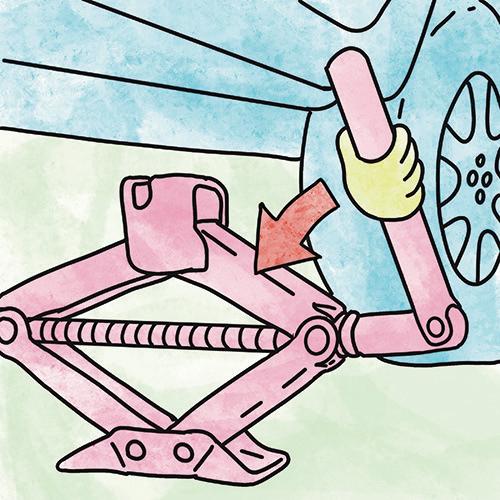


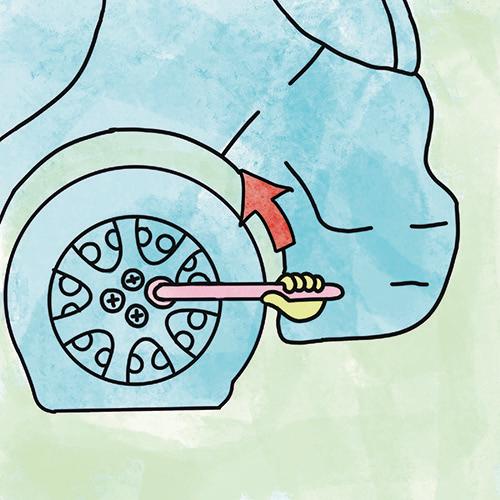

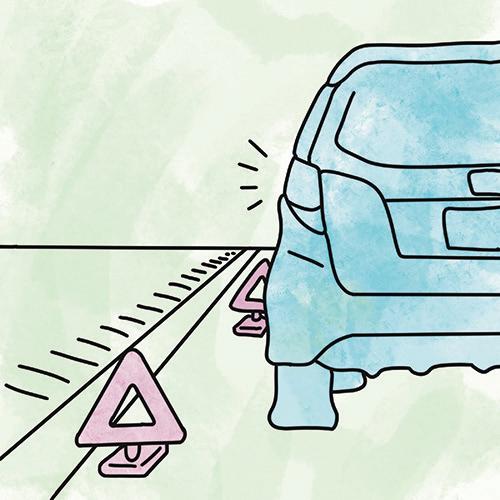
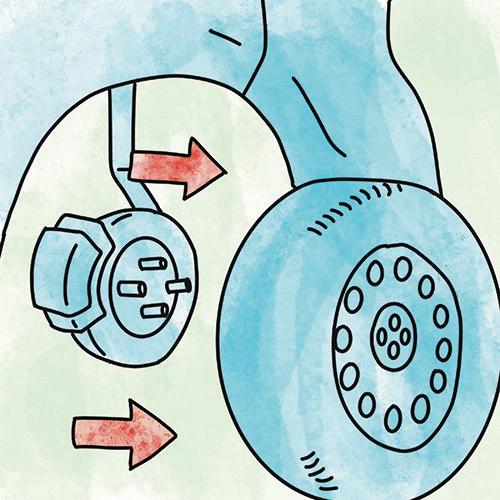 Illustrations by Lexi Ocampo
Illustrations by Lexi Ocampo
Pull over to a safe location 1
Park your car on a level surface as far into the shoulder as possible. Apply the parking brake and turn on your hazard blinkers.

Gather items you’ll need 2
You will need a spare tire, a jack and a wrench. Other useful items are safety triangles, a flashlight and the owner’s manual.
3 Use a wrench to loosen the lug nuts
Secure the wrench onto each lug nut, and then turn them counterclockwise to loosen them.

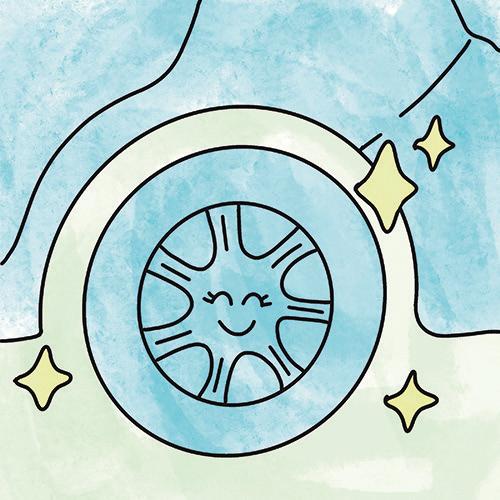
4 Remove the flat tire’s hubcap
A hubcap is a cover that covers lug nuts. If your car has one, pry it off.
Use the jack to lift your vehicle 5
Once properly placed under the metal part of your vehicle’s frame, use the jack to raise the tire off the ground.
Remove the lug nuts and slide the flat tire off 6
7
After the lug nuts are all removed, securely grip your tire and slide it off your car. Slide the spare tire onto your car
Line up the holes in the spare with the lug nut posts and push the spare as far onto the wheelbase as possible.
Place the lug nuts back on 8
Start replacing the lug nuts, but avoid tightening them all the way. Tighten your lug nuts in a way that keeps the tire even.
9
Lower your vehicle and tighten the lug nuts
Once the lug nuts feel equally tight, lower your vehicle to the ground.
All done! 10
Finish up by putting your old tire in the trunk and cleaning up any tools you used.
ADULTING | 15
























 By Michael Crimmins
By Michael Crimmins




















 Story by Emma Dock | Illustrations by Abby Neltner
Story by Emma Dock | Illustrations by Abby Neltner






























 Illustrations by Lexi Ocampo
Illustrations by Lexi Ocampo


